
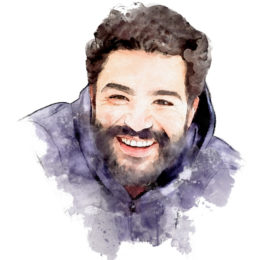
Kareem Shaheen
Middle East and Newsletters Editor
Kareem Shaheen is Middle East and Newsletters Editor at New Lines magazine. Prior to his work with the magazine he was a Middle East correspondent for the Guardian in Beirut and Istanbul, a reporter for the Daily Star in Lebanon and The National in Abu Dhabi, as well as writing for AlHudood, an Arabic language satirical news site. He has a master’s degree in war studies from King’s College London and is Egyptian by birth. He is currently based in Montreal.
Kareem’s coverage on the ground of the Khan Sheikhun chemical attack in Syria in 2017 was nominated for the Frontline Club print journalism award. Over the past few years, he has spent a lot of time working with independent Arab media outlets to develop their skillsets and train young journalists based in the Middle East.
Latest from Kareem Shaheen
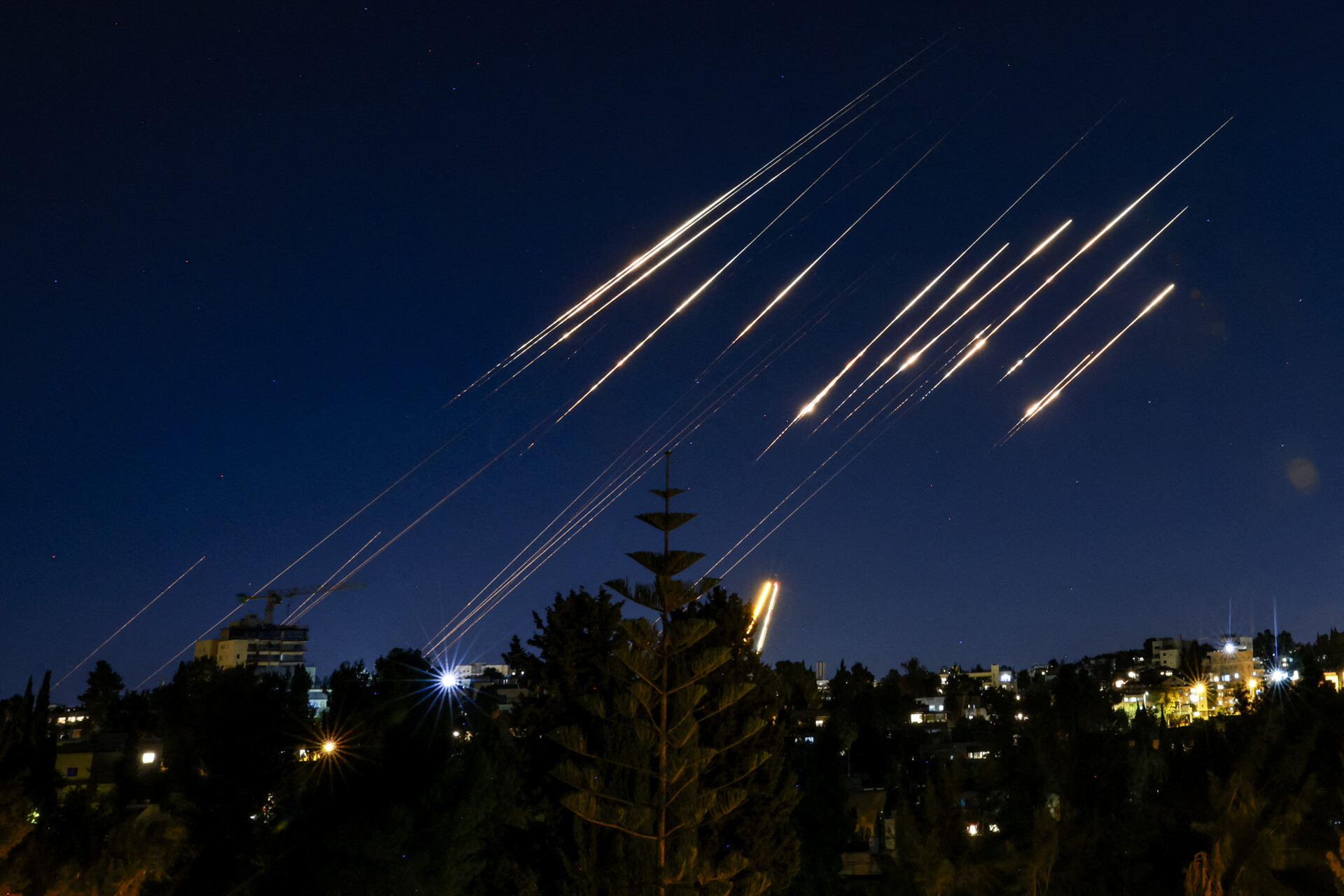
The Psychological Barrier Broken by Iran and Israel’s Missile Exchange
The latest exchanges of missiles between Israel and Iran have broken a long-standing psychological barrier in the Middle East, and are being viewed by states in the region with profound ambivalence. With deterrence fading, what follows may be more volatile still.

Saudi Arabia’s High-Stakes Bet on Gaming
Saudi Arabia is quietly becoming a global gaming superpower, investing billions in the owners of franchises like Call of Duty and World of Warcraft. The move says a lot about the kingdom’s soft power, cultural values and potential influence on a generation raised on games.
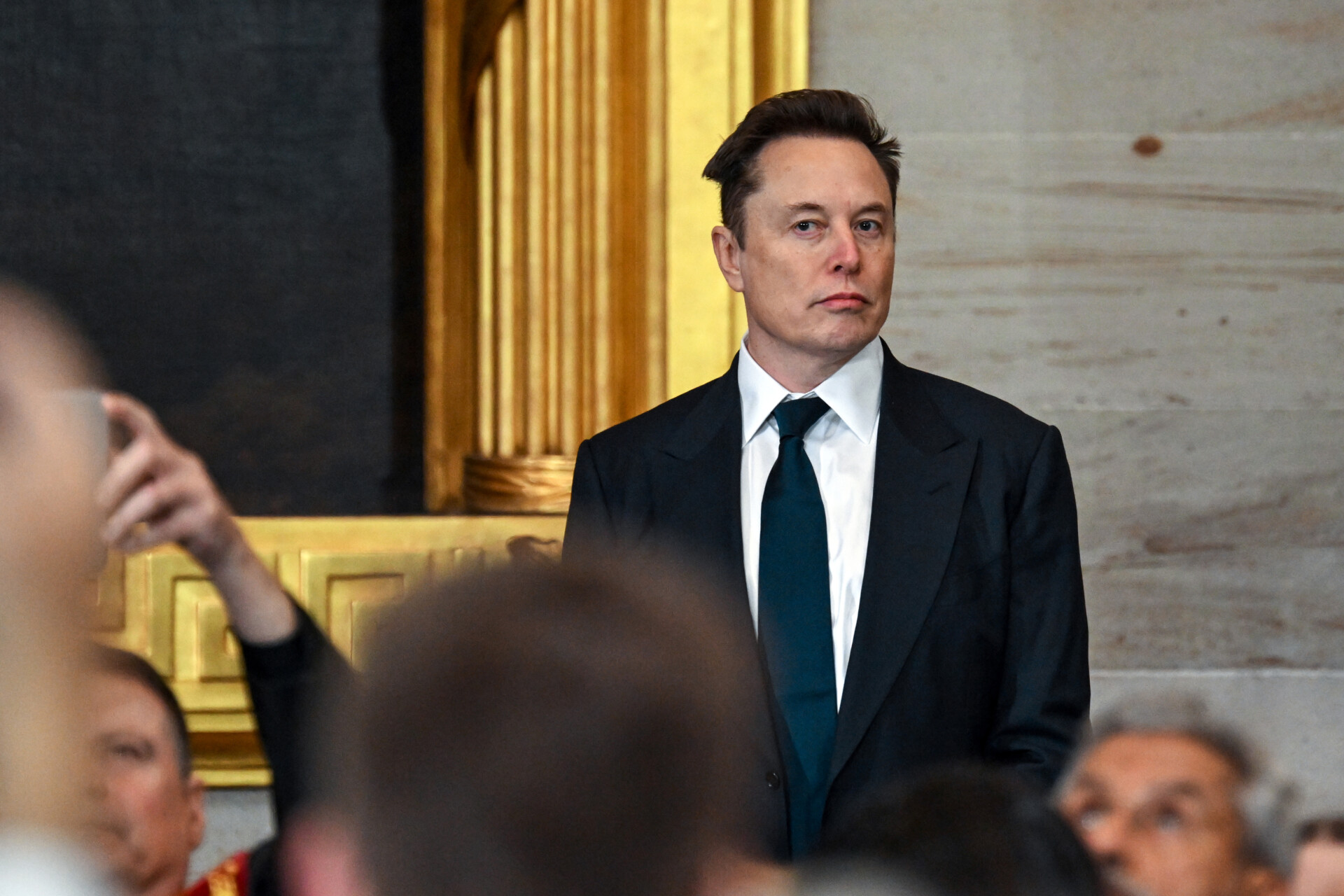
Elon Musk Wanted Gamers’ Respect, Instead He Got a Scandal
Elon Musk courted gamers with tales of his prodigious talent, but the edifice crumbled when he was forced to admit that he didn’t do his own gaming. The result was a bizarre and seemingly unnecessary feud with a group many see as his natural supporters.

Impossible Revolutions and Psychedelic Mysteries: Our Best Books of 2024
In our annual tradition, New Lines' editors usher in the new year with a list of the best books we read in 2024.
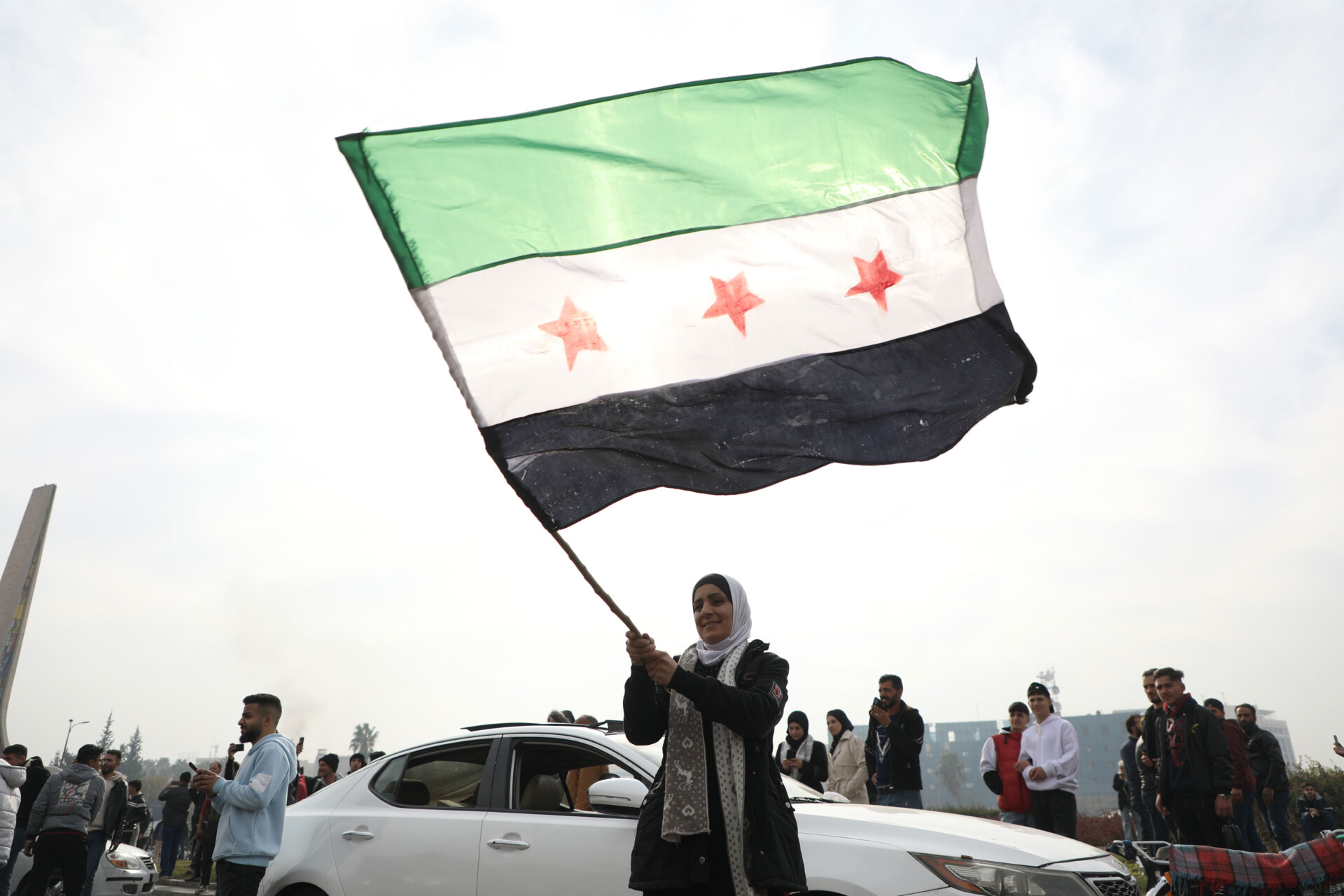
Dawn in Damascus
In the hours since Syria’s dictator fled the country, ending nearly six decades of tyranny, the jubilant scenes emerging from the country recall the enormous losses that preceded them. For those who survived the Assads’ brutal reign, it is very difficult to conceive of something worse that could come after.
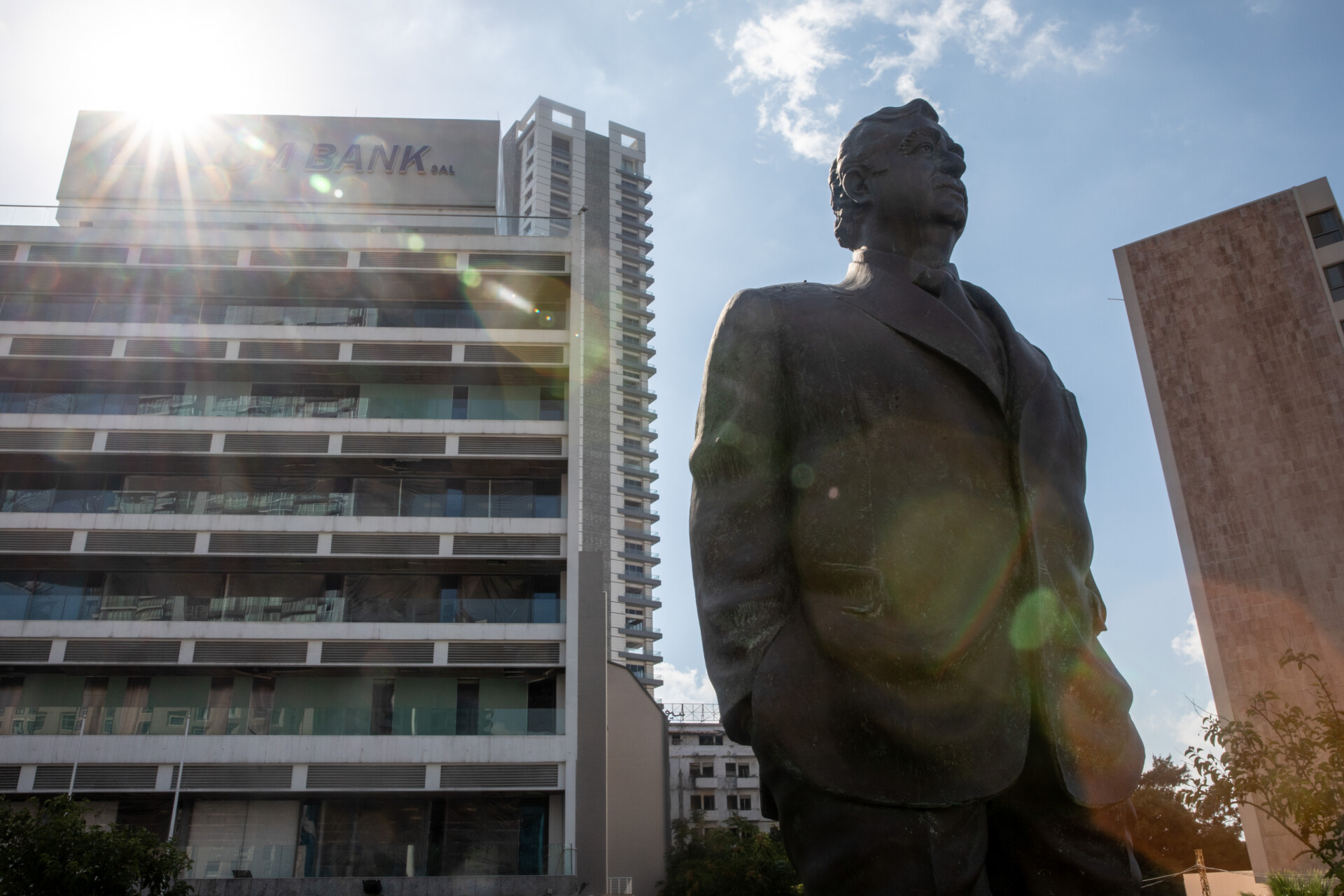
A Hezbollah Assassin and the Meaning of Justice
Salim Ayyash’s name may not be as familiar as Hassan Nasrallah’s, but the Hezbollah assassin’s reported death is a sign of a world ruled by the strong.
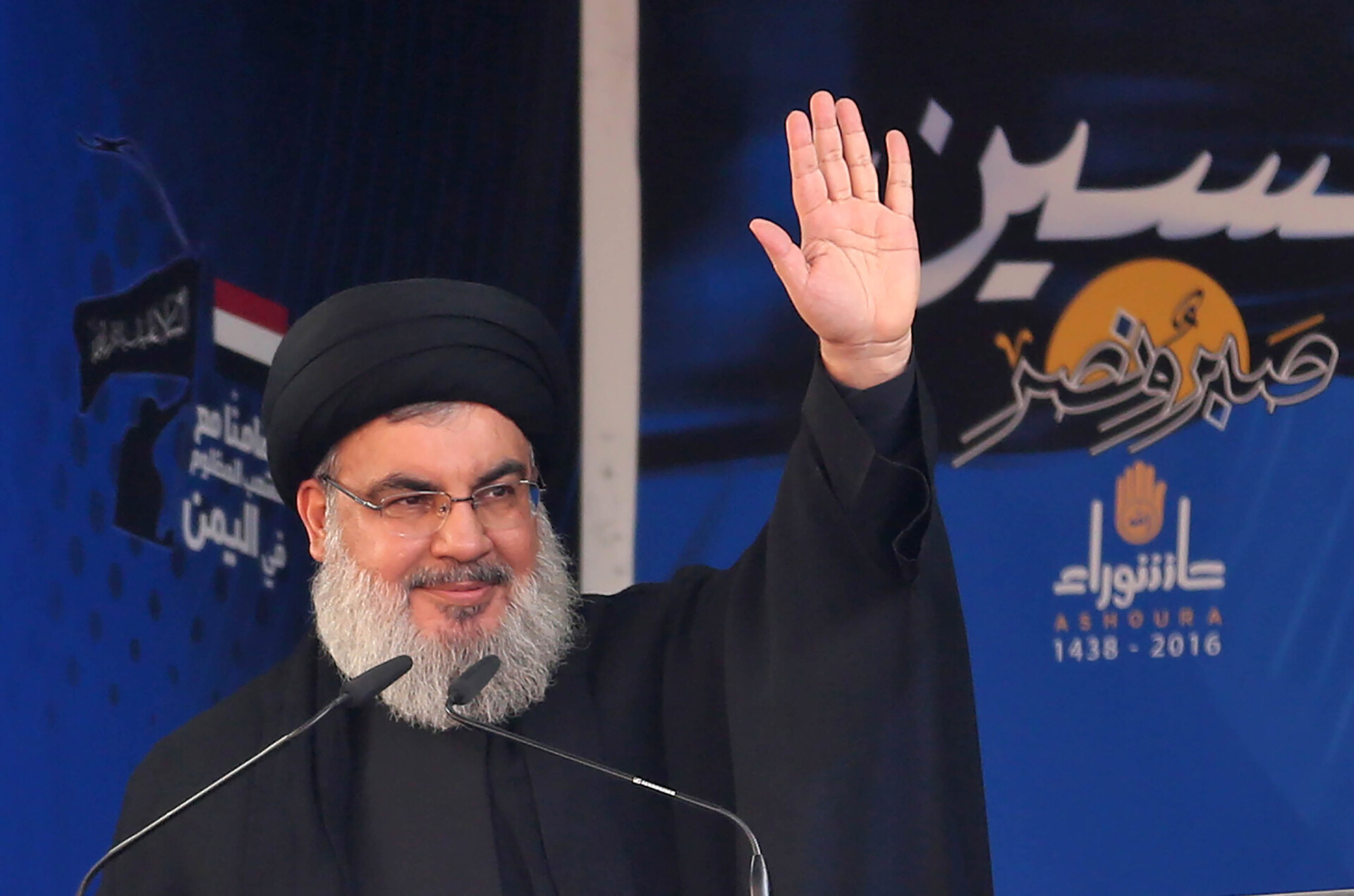
End of an Era: What Hassan Nasrallah’s Assassination Spells for the Middle East
Hassan Nasrallah’s story is one of two halves. In the first, he was the hero of Arab public opinion, particularly after Hezbollah’s 2006 war with Israel. In the second, he was a sectarian thug who died trying to reclaim his former reputation.
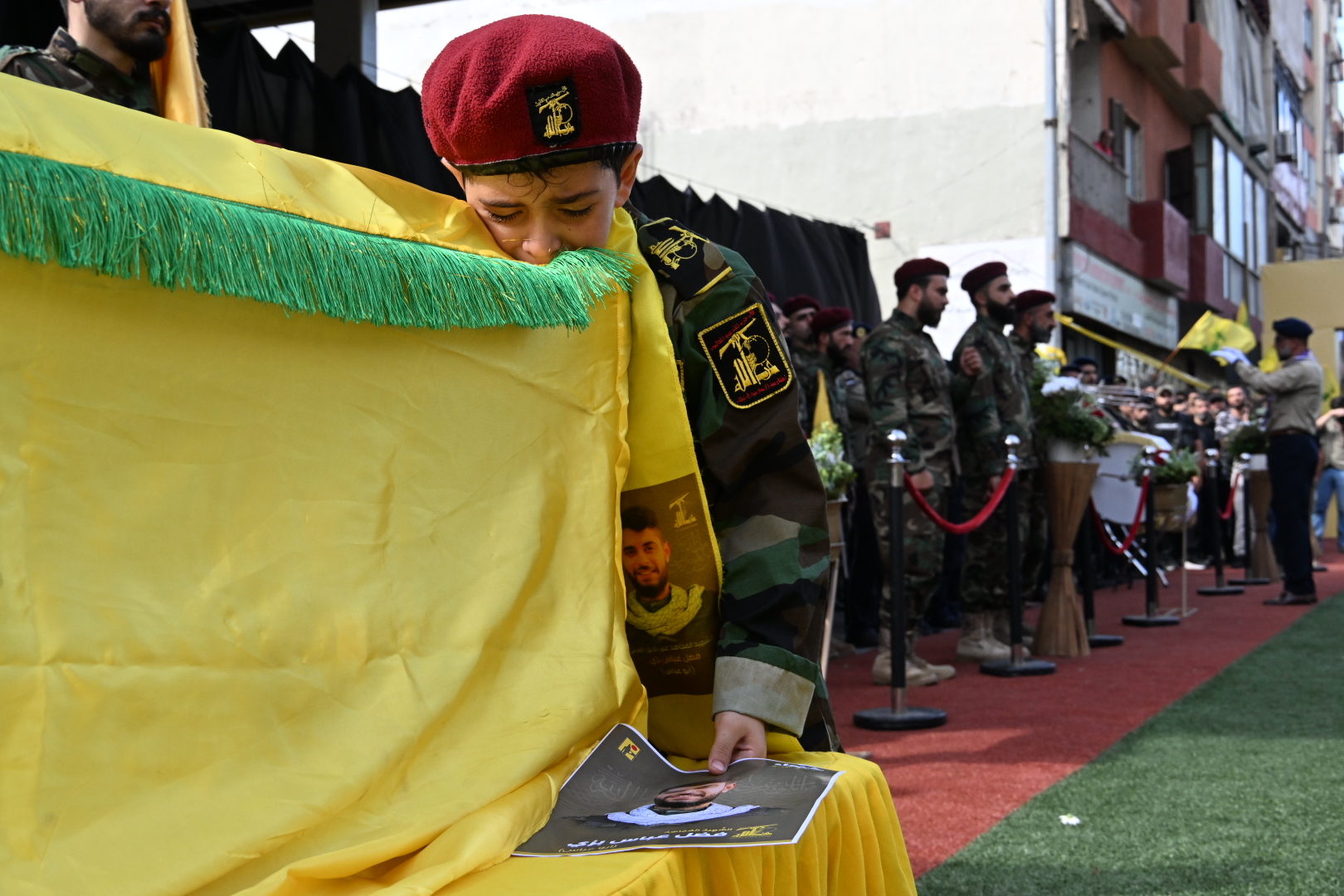
The Exploding Pagers and the Future of Terrorism
It is generally impossible to predict how an individual let alone a society at large will react to events that trigger a sense of mass terror, a feeling that danger lurks around the corner or, as with Lebanon in the recent spate of exploding Hezbollah pagers, in the pocket of the man standing just ahead of you at the grocery store checkout counter.
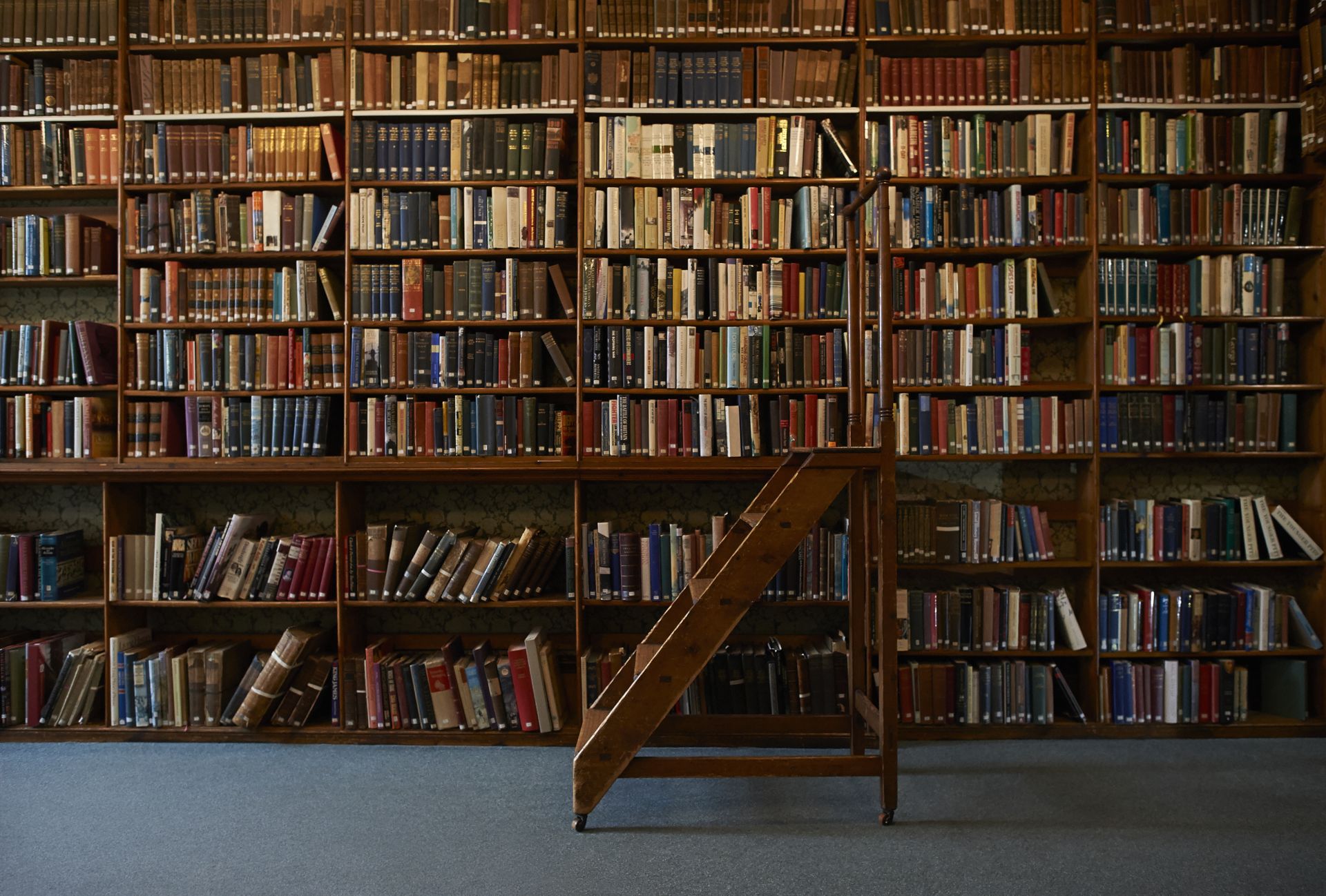
Exodus, Ghosts and Grief: Our Best Books of 2023
In our annual tradition, New Lines' editors usher in the new year with a list of the best books we read in 2023.

The World According to Santa
Perhaps Santa will make an appearance early next year for Eid. Either way, the answer, I think, is more stories that can bring us all together.

Bassem Youssef’s Darkest Act
"Let’s for a minute imagine a world without Hamas. What will this world look like? Let’s give this world a name, and let’s name this world 'the West Bank.'”

Siblings’ Killing of Kin Shocks Saudi Arabia
The likely reason for the obfuscation is the surprising sexual driver behind the murders. Saudi true crime reporters say the siblings murdered their family because their mother had discovered they were engaging in incest.
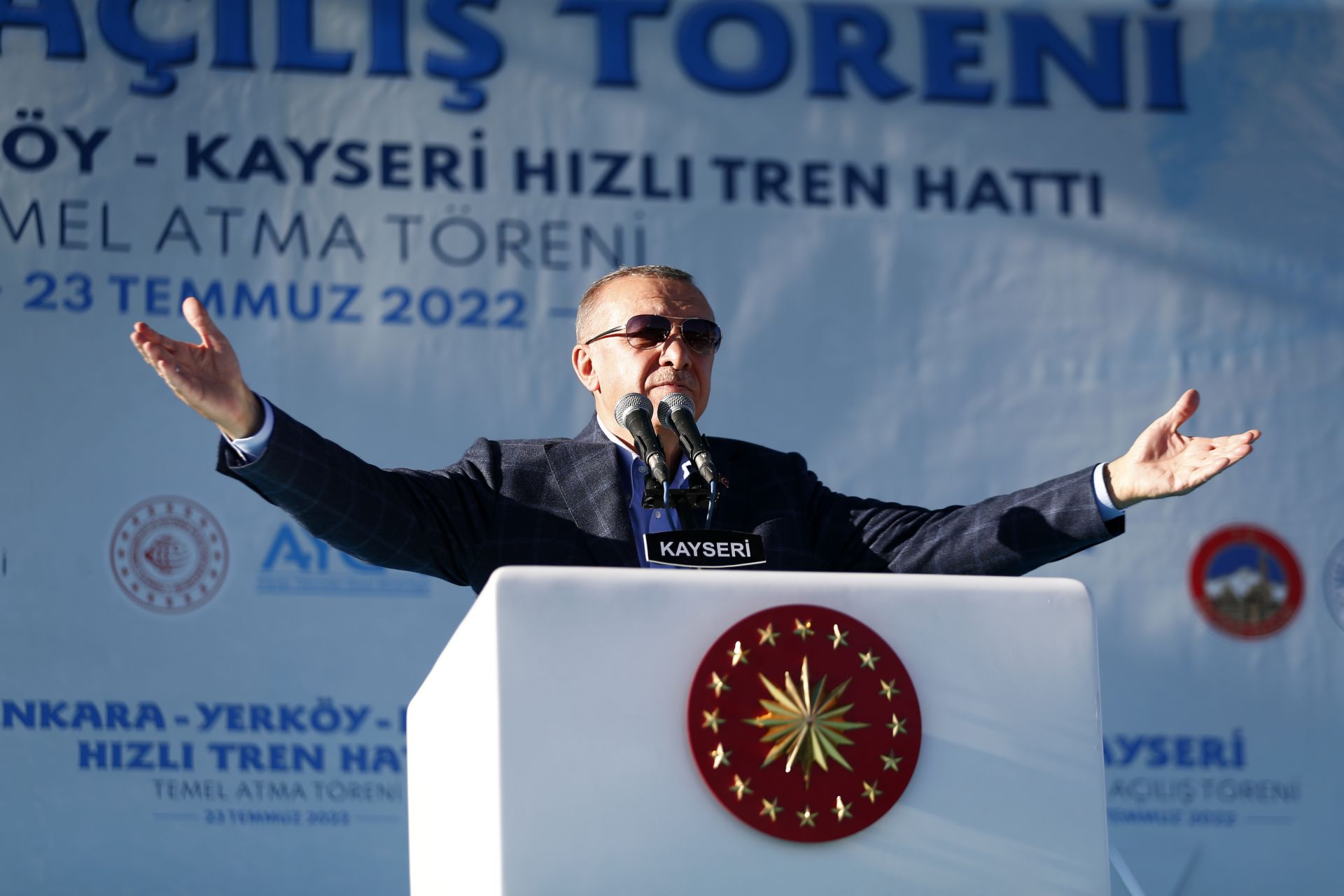
Turkey’s Election and Its Malcontents
Rather than campaign, they should let their journalists write, uncovering the truth and bearing witness, letting the facts — like Turkey’s economic ruin, the dozens of journalists on trial, the country’s misadventures abroad, the hundreds of thousands of civil servants fired without cause and oppressed civil society — speak for themselves. The facts laid bare are also good for democracy.
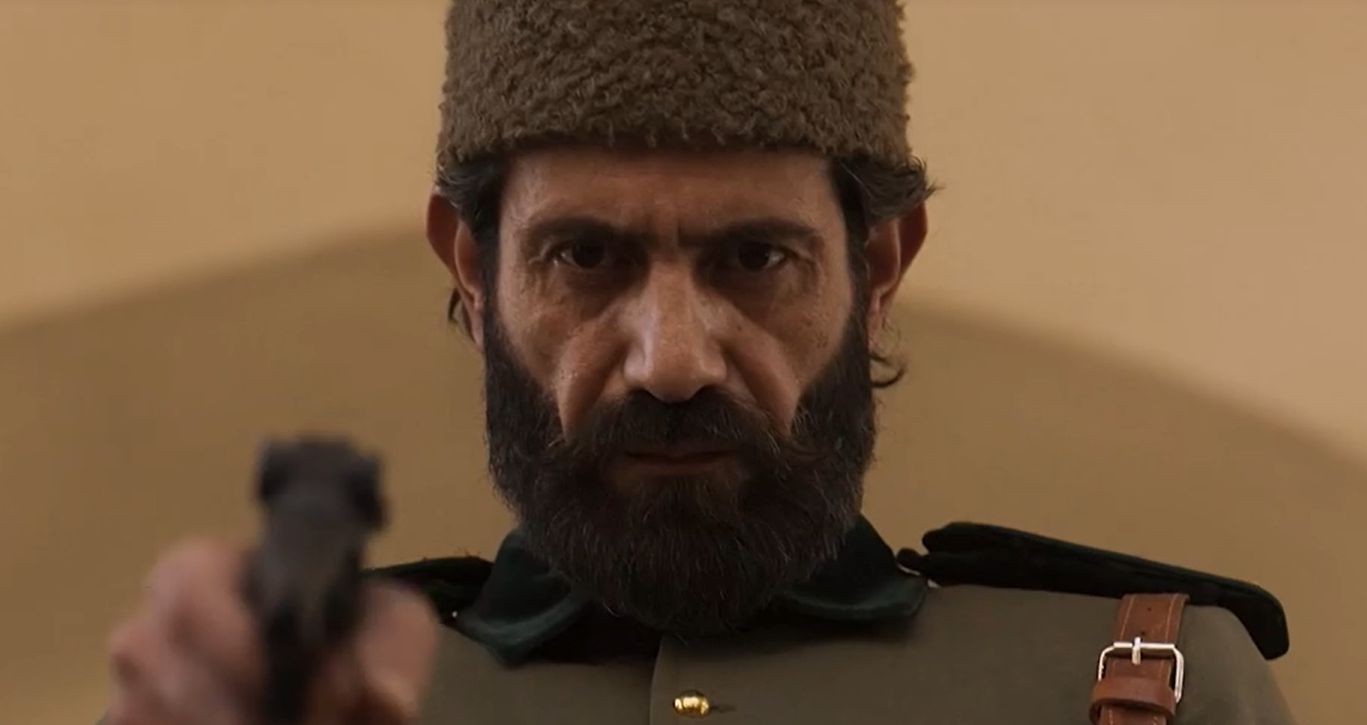
Ramadan TV Series Lays Bare Turkey’s Colonial Legacy
A new high-profile soap opera that has begun airing in Ramadan and is unsubtly titled “Safar Barlik” (the Arabic transliteration of the Turkish word) is set to bring this rivalry further into the realm of public consciousness and pop culture, and lay bare Turkey’s colonial legacy in the region and its cruelty toward its subjects.
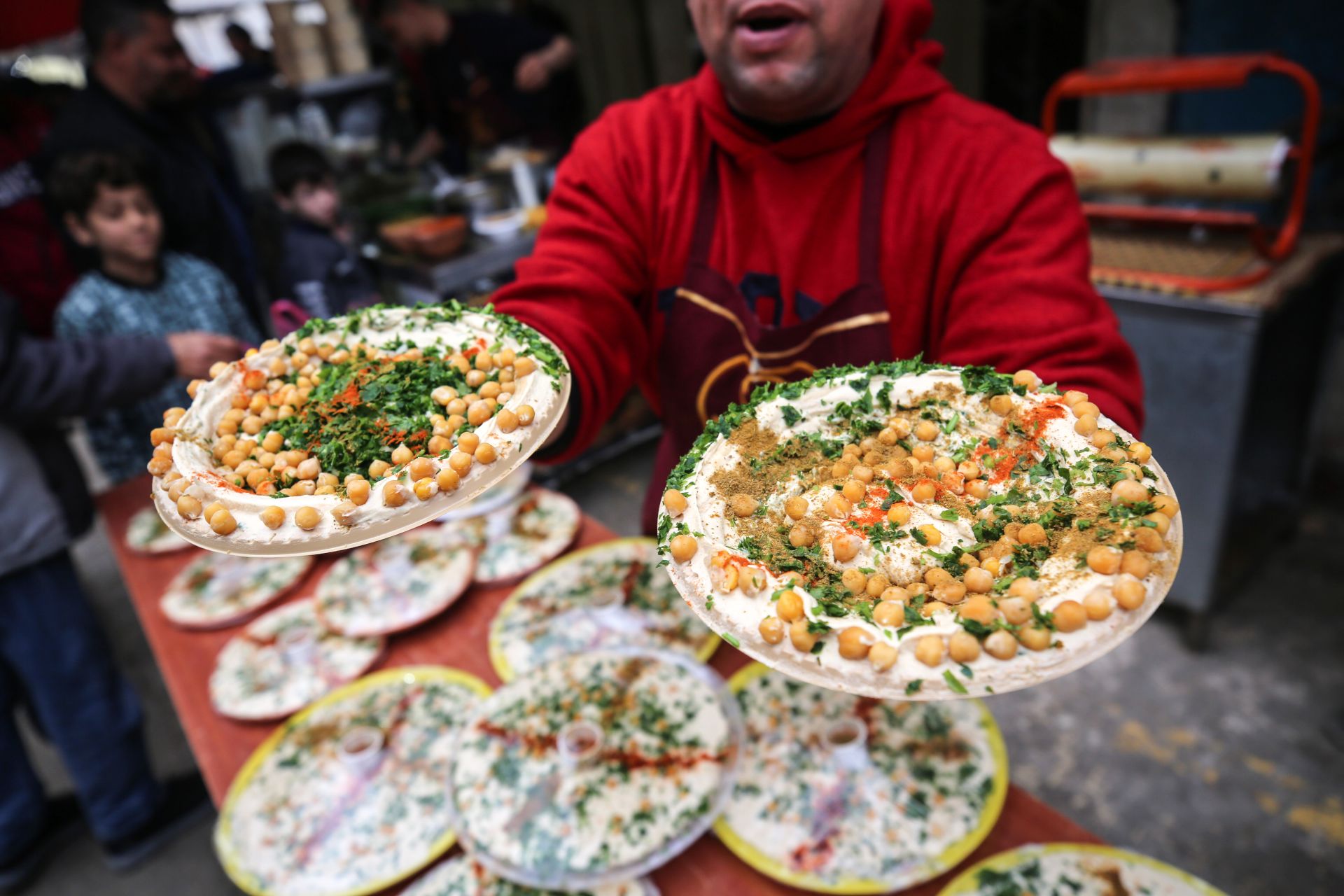
The True Origins of Hummus
A New Lines scoop (pun intended) has placed the magazine squarely in the middle of an historic tug-of-war over the origins of hummus.
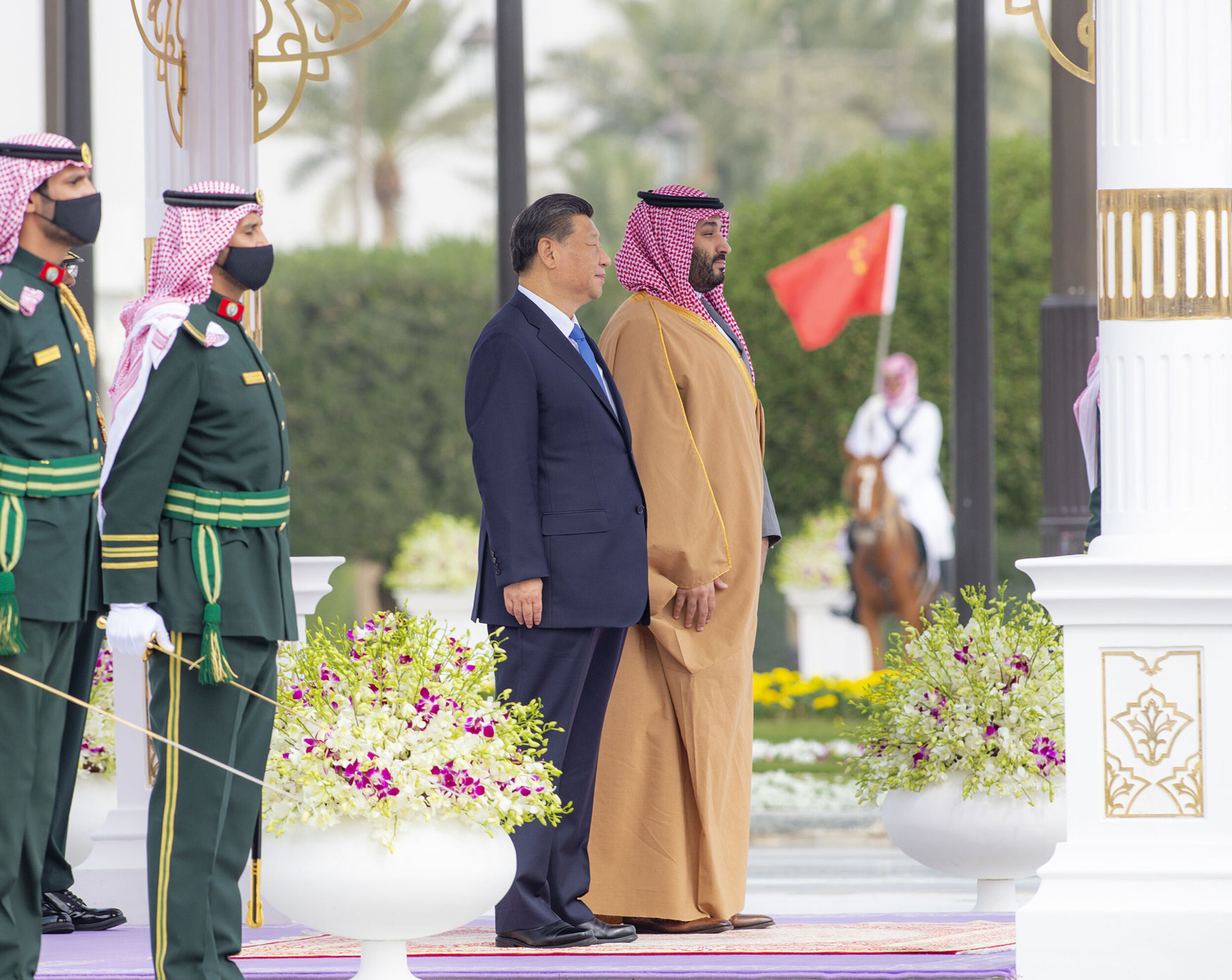
Saudi Arabia and Iran Poised to Share the Region’s Spoils – On China’s Terms
Nobody is under the illusion that the hatred and rivalry between Tehran and Riyadh will meaningfully abate, though it might result in some relief for the long-suffering populations living in their proxy battlefields. But whatever peace has been brokered had nothing to do with America and its waned regional influence. The Saudis and the Iranians are poised uncomfortably to share the Middle East again, but on China’s terms.
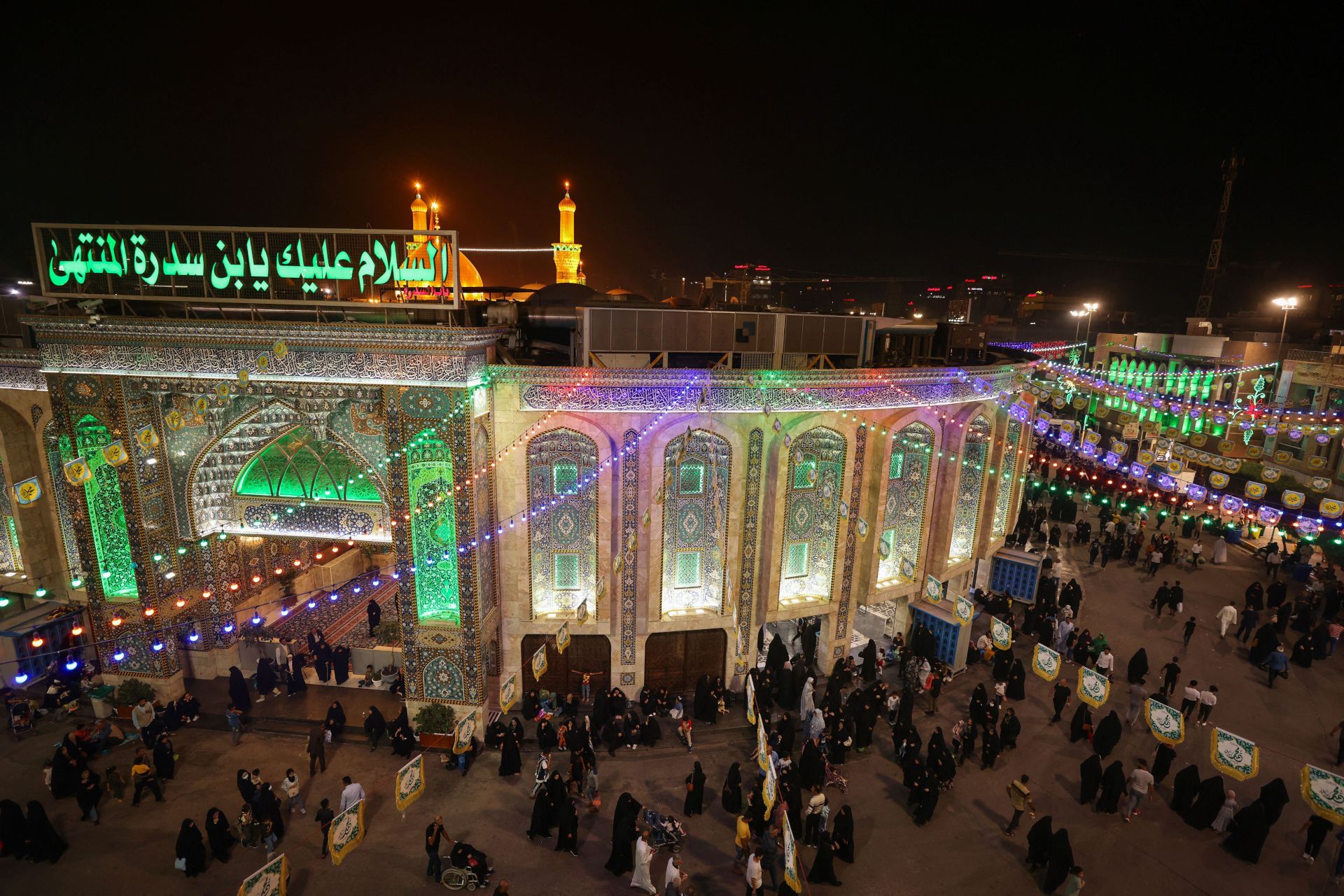
A New Arabic TV Series About an Early Caliph May Prove Controversial
A historical, rather than mythological, approach to Islamic history is crucial because it shows that even the people who lived with the prophet disagreed about his vision. Thus the central tenet of fundamentalism — of returning to a “purer” faith — is based on a complete fiction.
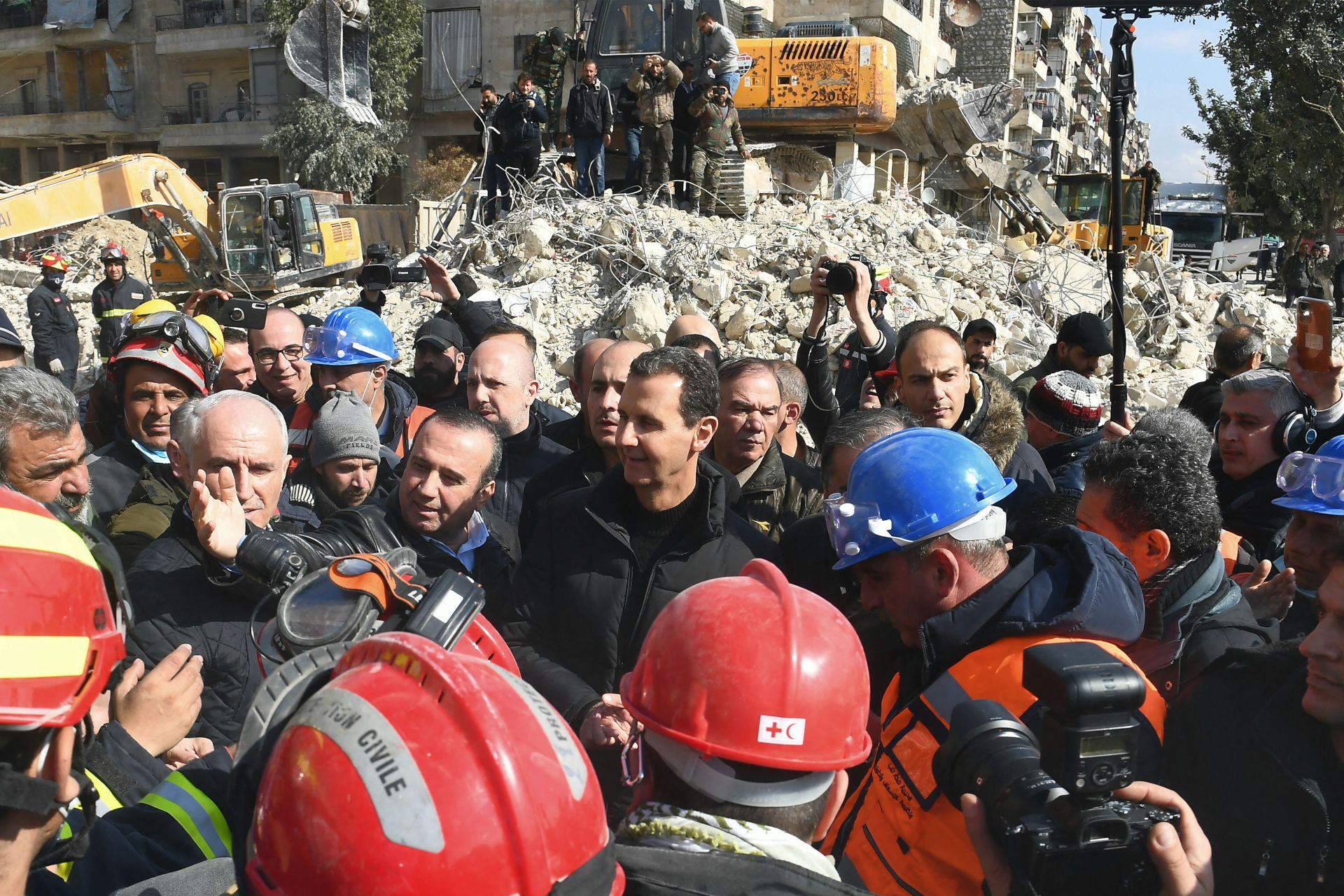
From Syria’s Earthquakes, Assad Emerges the Only Winner
The lesson of the earthquake is just how alone Syrians are, on both sides of the political divide. In Aleppo, residents sleep in their cars in the freezing cold, while in Idlib, international powers abandoned even the pretense of caring enough to send aid or help those trapped under the rubble.
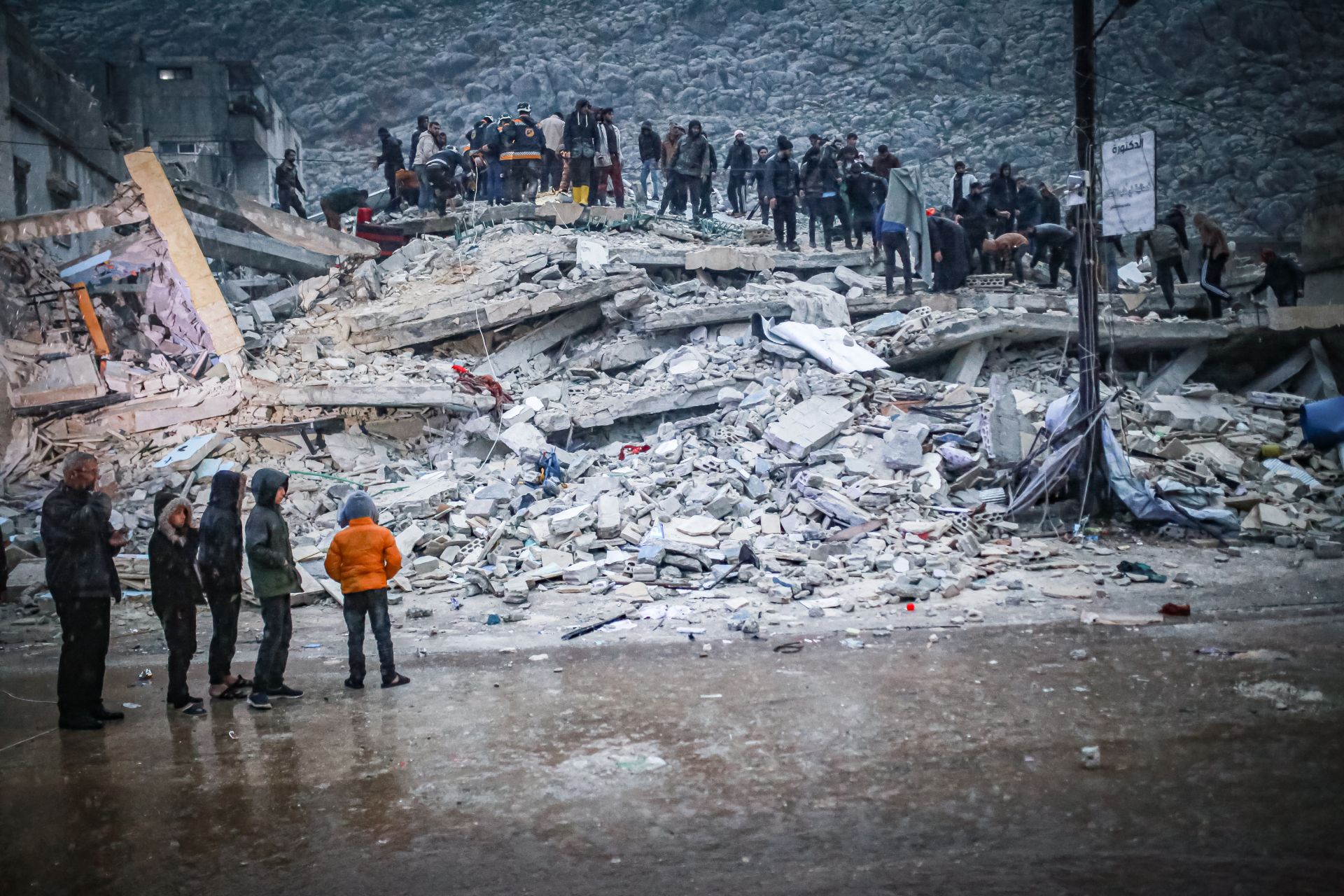
A Pitiless Catastrophe Devastates Turkey and Syria
The enormity of the tragedy in Syria and Turkey cannot be overstated. Tens of thousands have likely been injured and the death toll is sure to rise further. Even those who survived may face months or years of living in dangerous buildings prone to collapse.
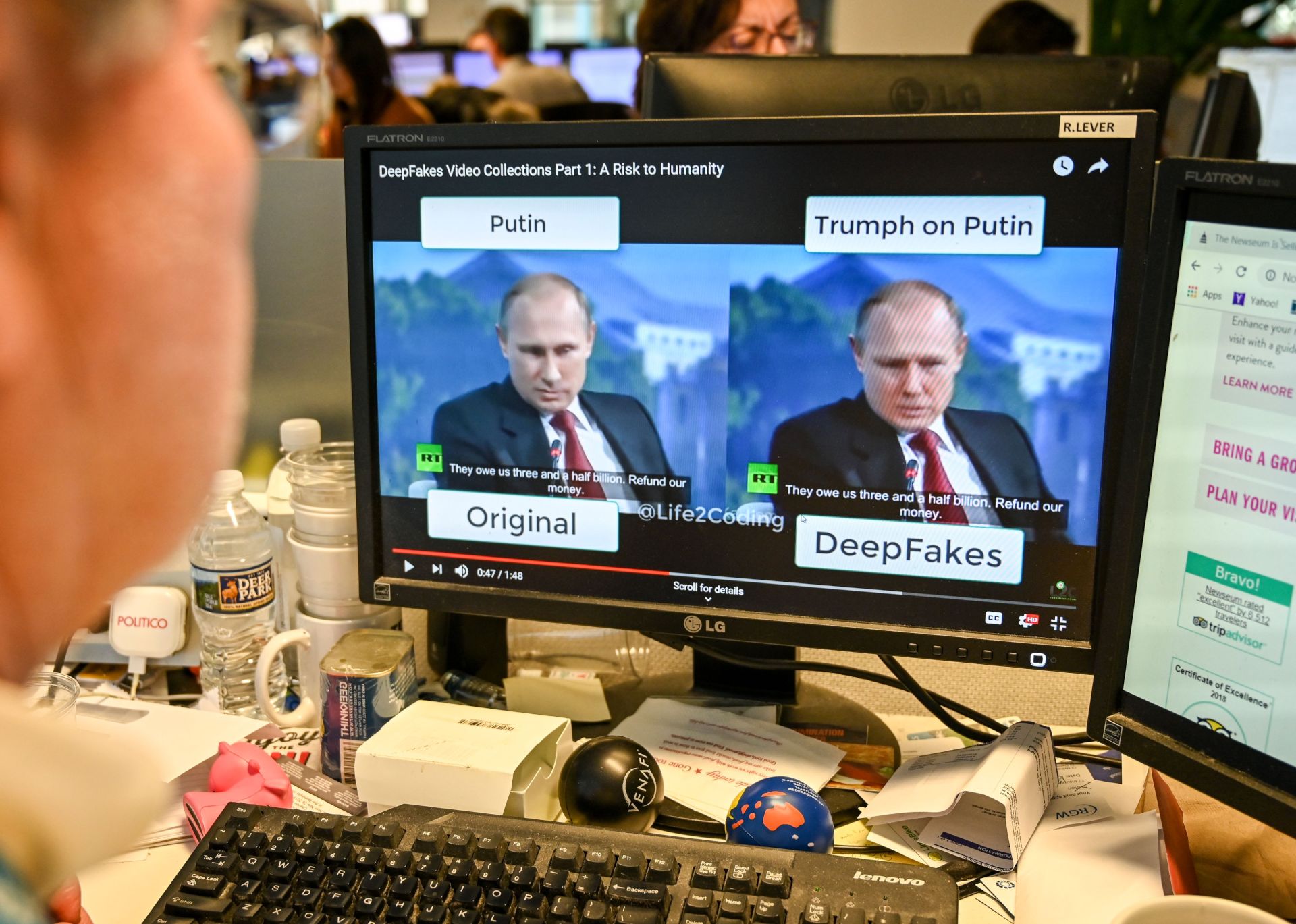
Twitch Deepfake Porn Scandal Is a Sign of Things to Come
It is worth contemplating the other aspects of this confounding technology — the invention and proliferation of new ways to harass, assault, violate and victimize. As always, women will bear the brunt of it.

Beyonce and a Glitzy Launch in Dubai
The event represents Dubai at its most cliched. But it is also fascinating for its insight into the culture of online activism and social pressure, and the particularities of the Middle East as its powerhouses, whether the liberal UAE or the conservative Saudi Arabia and Qatar, seek also to bask in the glitz of Western celebrity culture. It raises serious questions about the viability of online activism and protest, and why the Middle East in particular seems to attract calls for cultural boycott.
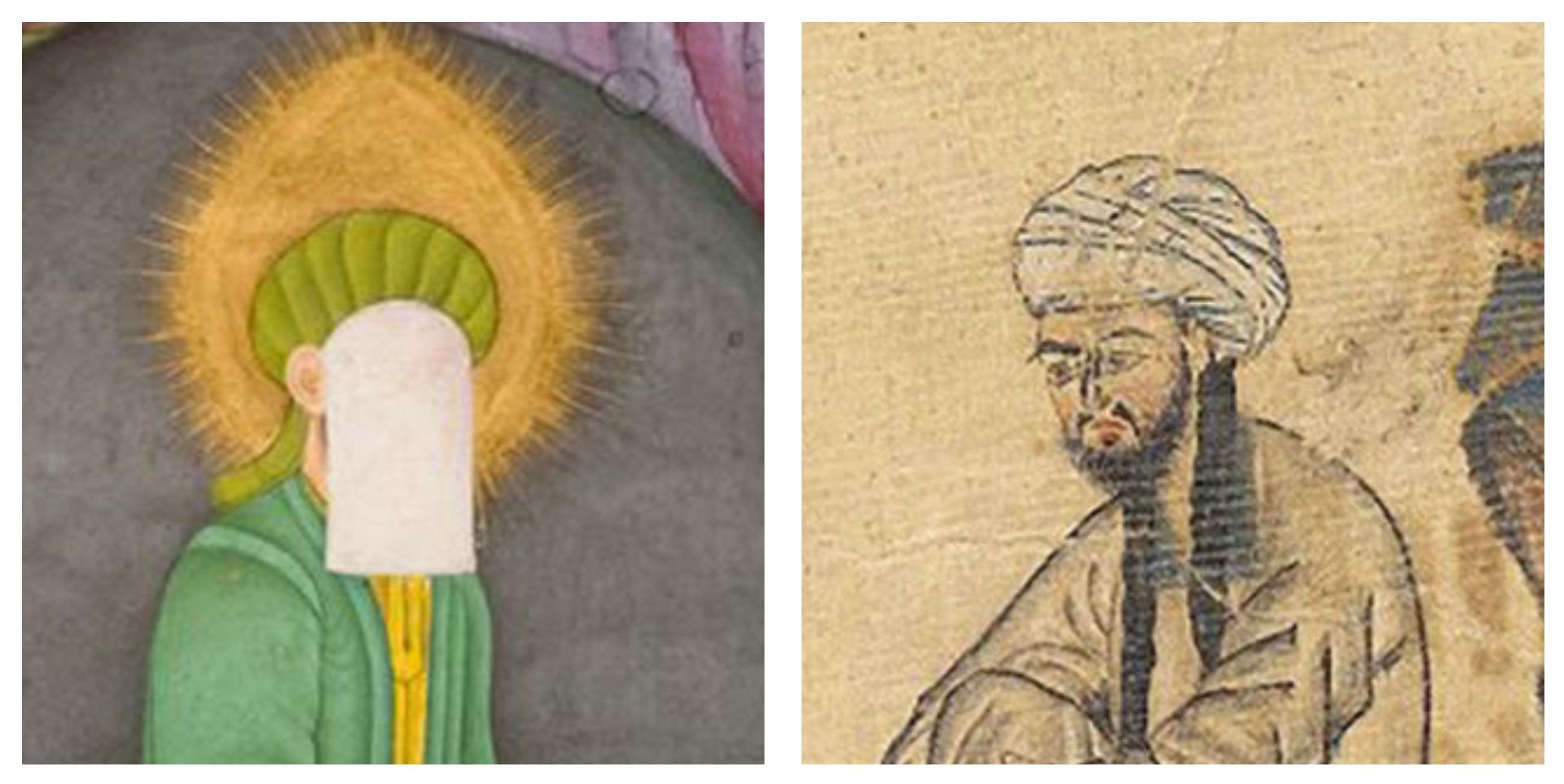
Why the Media Didn’t Publish the Muhammad Paintings at the Heart of the Hamline Controversy
The uproar about paintings of the Prophet Muhammad on campus shows legacy media need to interrogate the entrenched ideas that shape their coverage.

Why We Love to Hate ‘Emily in Paris’
Many detractors of the show say they hate it because it’s too stereotypical of the American touristy experience in Paris with all its cliches and made-for-Instagram moments. Yet the show is self-aware of this argument and deliberately dresses Emily in garish, awful fashion choices, and her status as a social media influencer snapping photos for her Instagram followers is a big part of her career. But the other side of this is that her lifestyle and fashion choices themselves show originality as she continues to live in Paris, and although she is naive she remains one of the more empathetic characters in the show.

The Best Books We Read This Year
A list of our staff’s favorite books that they read this year
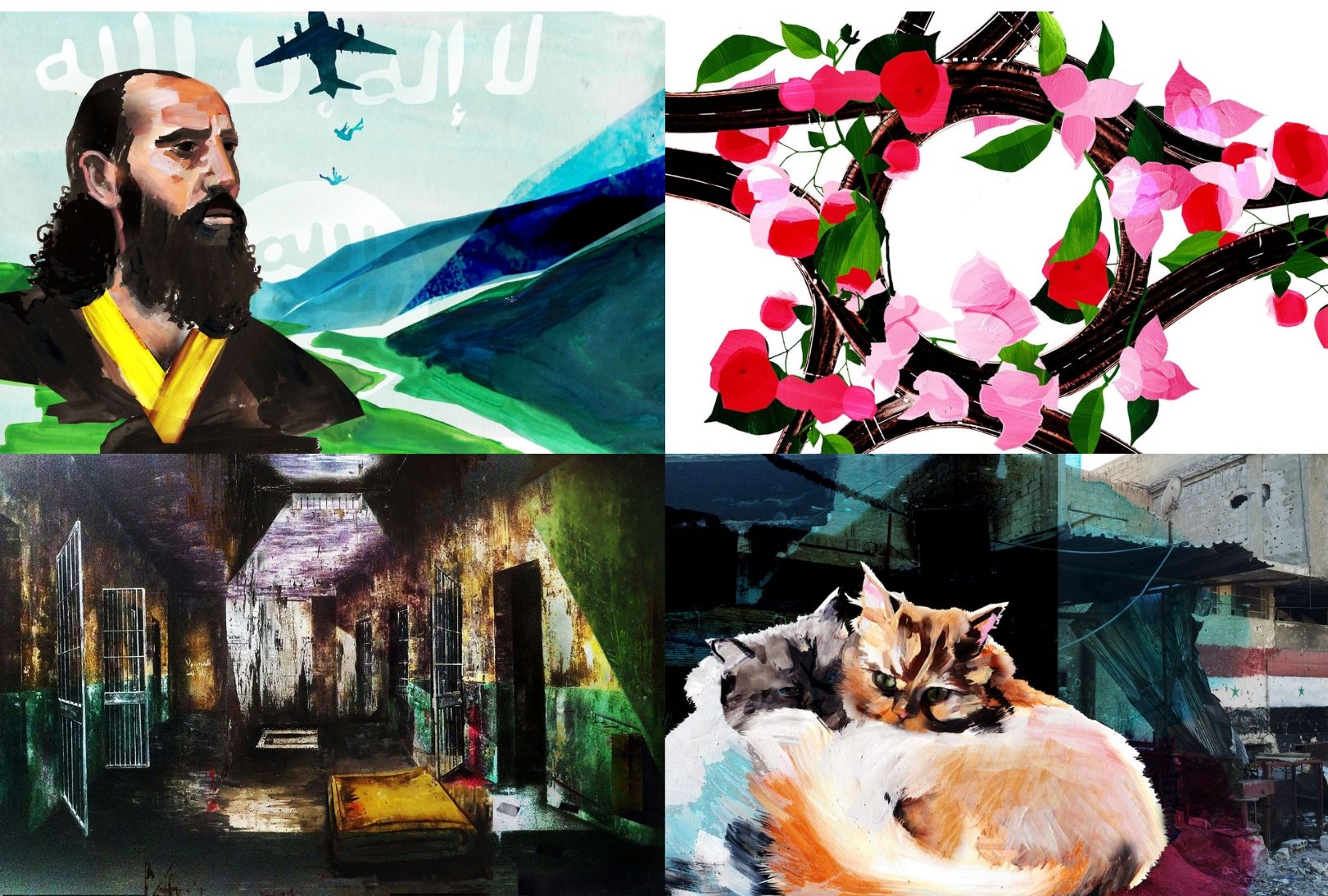
10 Essays To Read Again in 2023
As has become tradition, we wanted to share with you a list of our staff’s favorite essays from the past year. We hope you’ll find something of interest in this eclectic collection of stories.

Messi’s Crowning Moment Became a Cultural Lightning Rod
In one fell swoop, a symbol of honor and hospitality was transmogrified into another lightning rod of the culture war surrounding this World Cup. The bisht does not have any of the usual negative connotations surrounding other Arab and Muslim symbols like the hijab. It is only Arab. And that association in and of itself is enough to indicate an inherent flaw and tarnish.

The Emotional Complexity of Morocco’s World Cup Success
Yet the visceral nature of the emotional response to Morocco’s campaign cannot be denied, the feeling that something deeper than simply belonging to the Global South is at play.
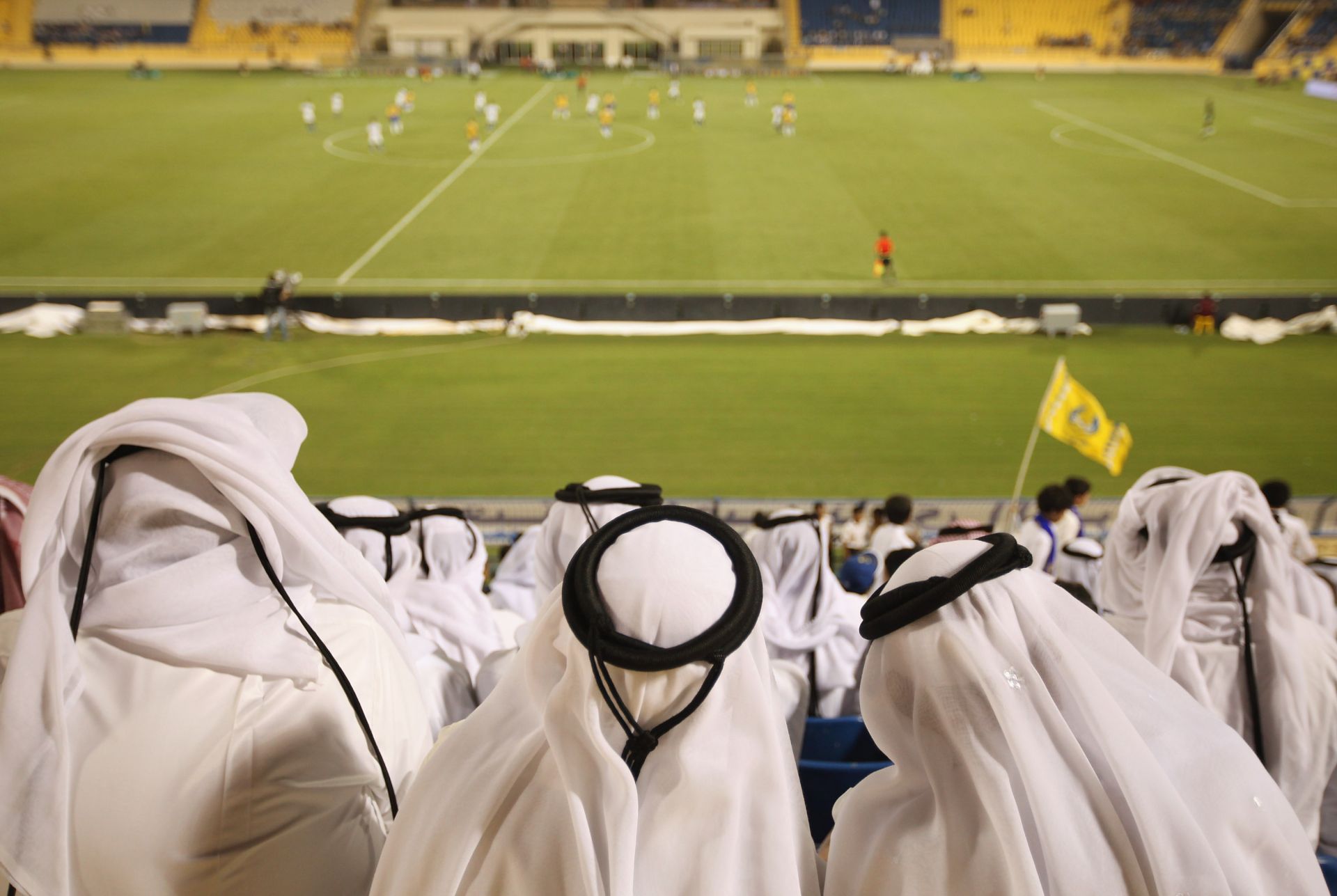
As the World Cup Begins in Doha, I Remember the Rivalries of Egyptian Teams
This chronic failure over such impossibly low stakes necessitates that Arabs following international competitions hedge their bets, since the obsession with football won’t go away simply because their national teams are relegated to watching. This leads to fervent support for international clubs and European and Latin American national teams, with a fanaticism and enthusiasm that make one believe they hail originally from Munich, Sao Paolo or Manchester.
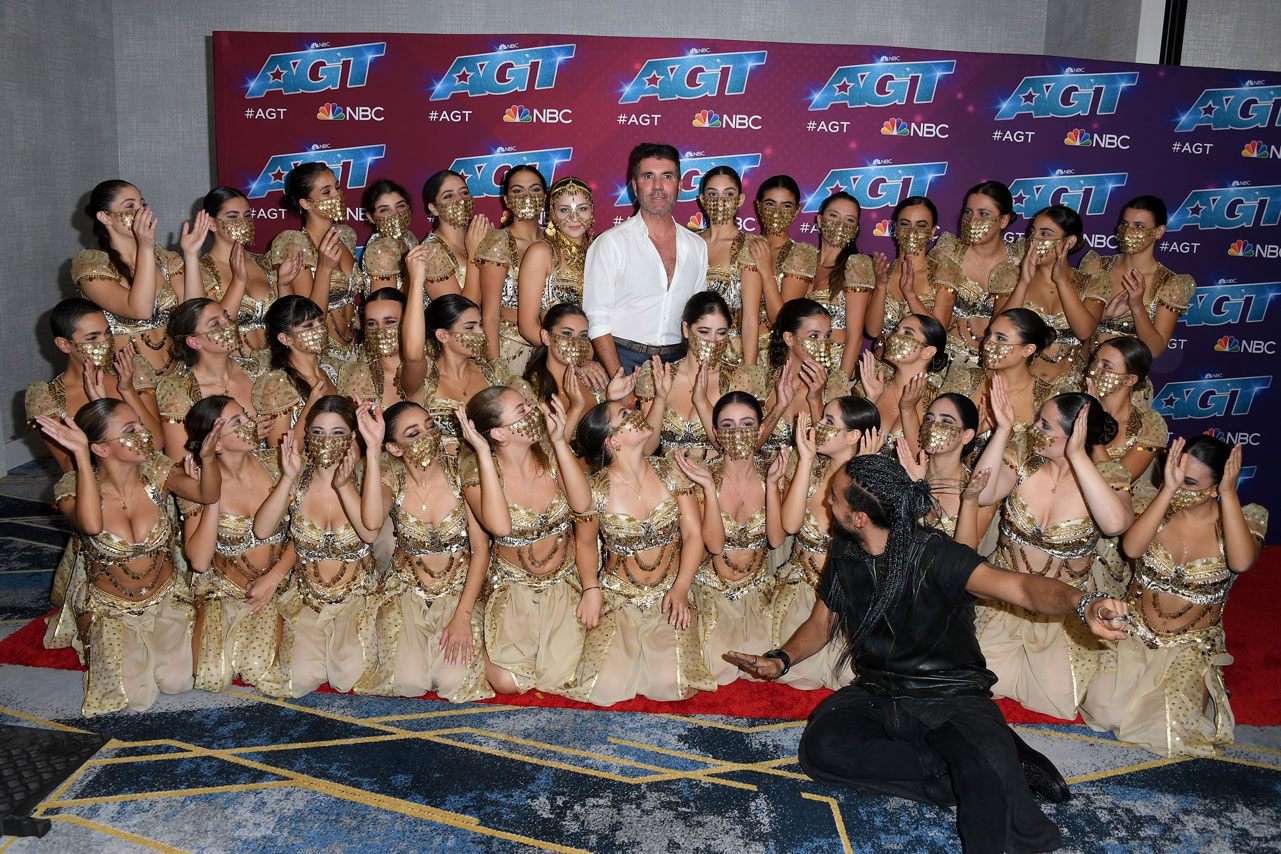
A Lebanese Dance Troupe Wins ‘America’s Got Talent’
It is not a bad faith or cynical reaction most of the time, but it sometimes does make you wonder whether you have agency: if you were given an opportunity because you are talented and hard-working or because you’re a diversity hire, whether your success in an endeavor comes down to your excellence or the pity of an outsider.
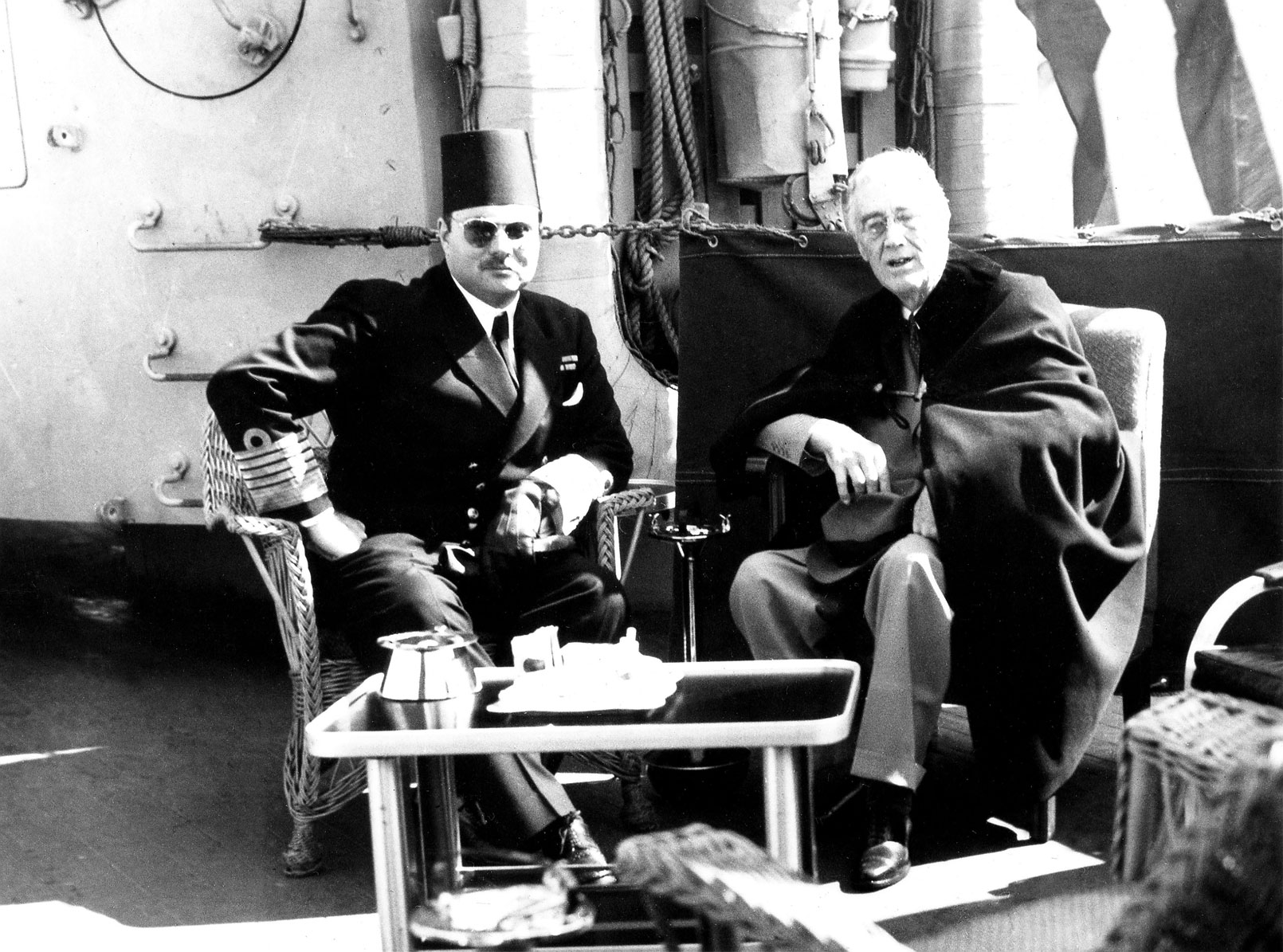
In the Middle East, a Yearning for Stability via Monarchy
But there is also a sense of ruefulness at times about such an institution and a bygone era it represents that nobody really remembers but surely must have been an improvement on today’s regional malaise. After all, if we are to be led by absolute rulers, why not also have the prestige and pageantry?
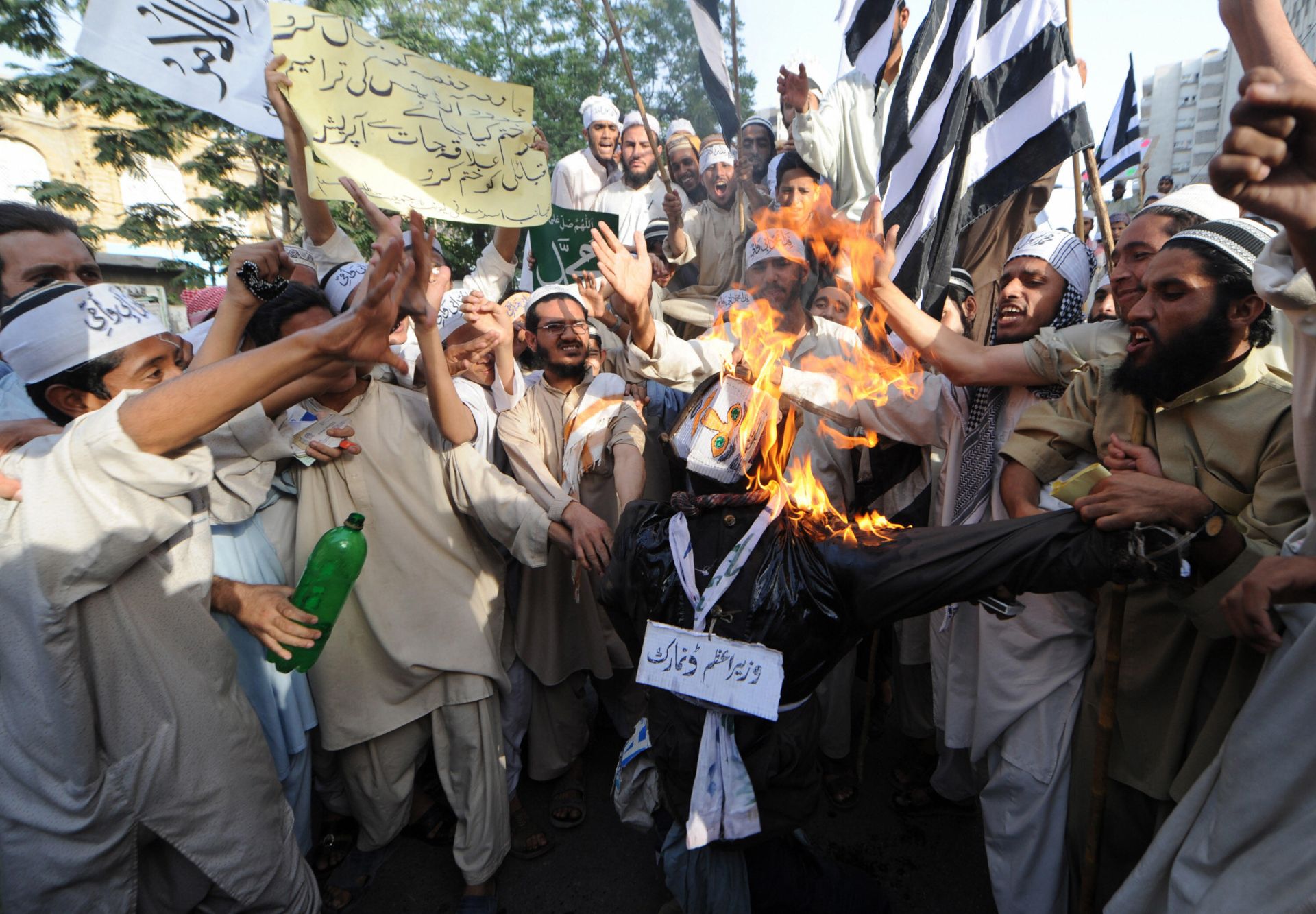
Muslim and Arab Authorities Must Examine Their Blasphemy Claims
There is no shortage of clerics and government officials willing to fan the flames to improve their standing in their societies (as the Rushdie case and countless others before it have shown). It is incumbent upon individuals and conscientious members of the clerical establishment to fight this instinct for bloodlust, to seek outrage as an outlet for life’s challenges. It is also incumbent on them to realize when they are being used in this way to serve the interests of the ruling class. After all, if something as integral to the foundation of your identity as your faith trembles every time someone mocks it, it is perhaps time for some introspection.

In Rushing to Conclusions, the Media Often Misses the Mark
This capacity to shape the public consciousness should give media practitioners pause. Journalists and editors have a penchant, for example, of adding contextual paragraphs explaining the background to breaking news events to their audience that tend to fall back on cliches and accepted conventional wisdom. This has the effect of shaping the overall narrative around an event before all the evidence has come to the fore.
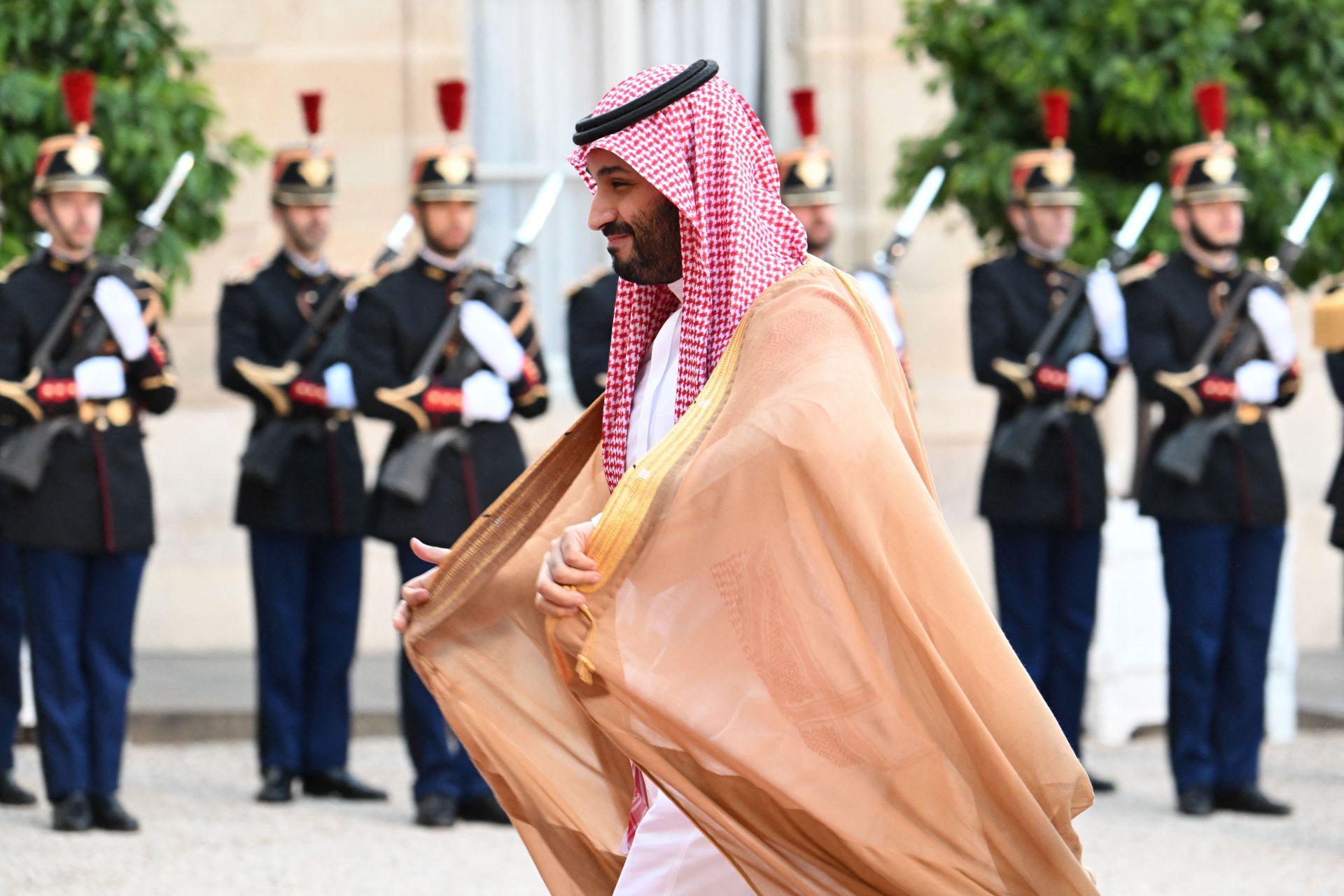
A Magazine’s Broad Brush Demeans All Arabs
In reality, media leads to gradual change through the gradual accumulation of data, anecdotes and imagery that ultimately shapes how society perceives certain actors, whether they are people or nation-states.
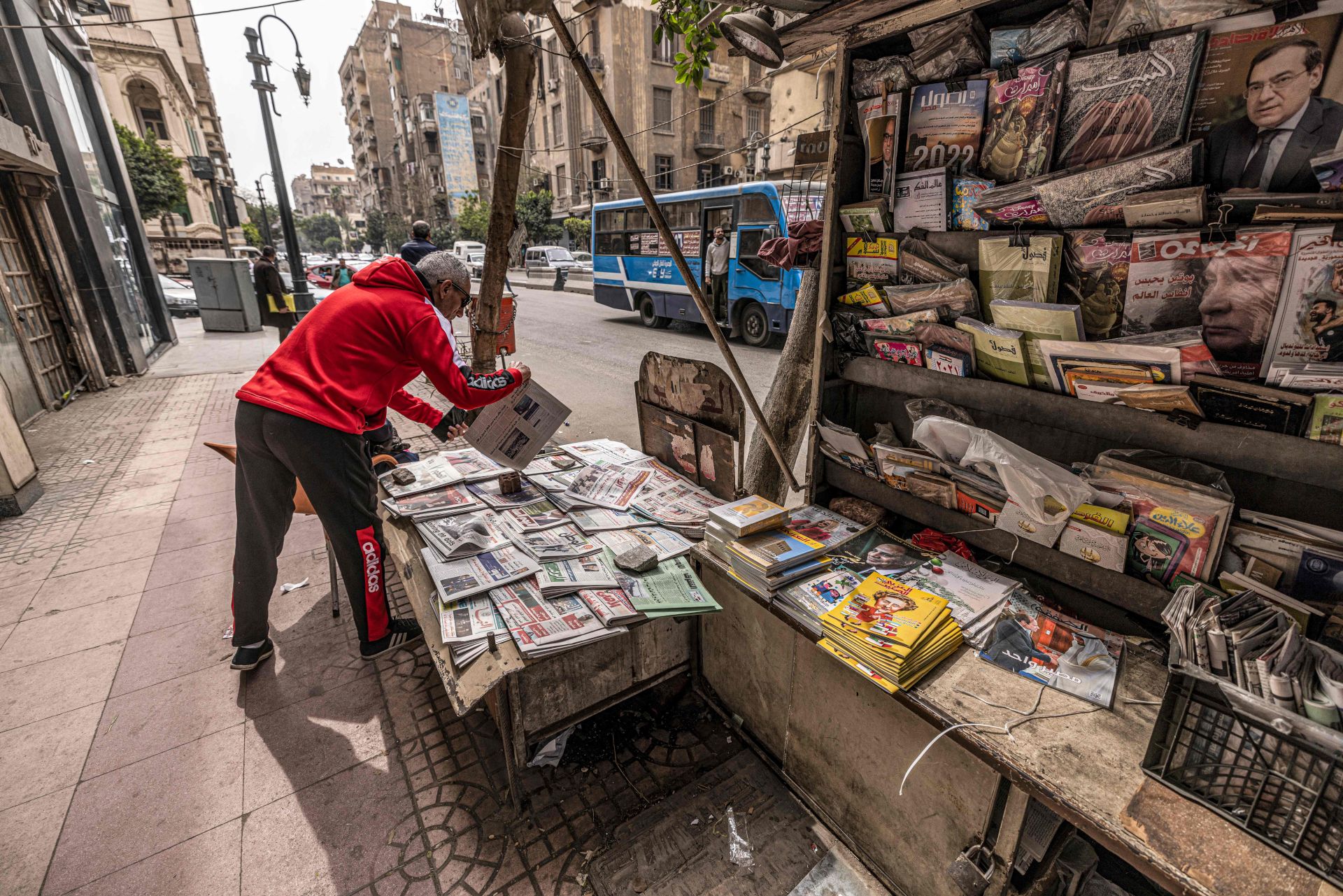
Legacy Media Joins the First-Person Movement
Readers will read every word, however long. The reader’s short attention span is a myth, as we found: Their disinterest is in the content they’re being fed, not in the important stories themselves.
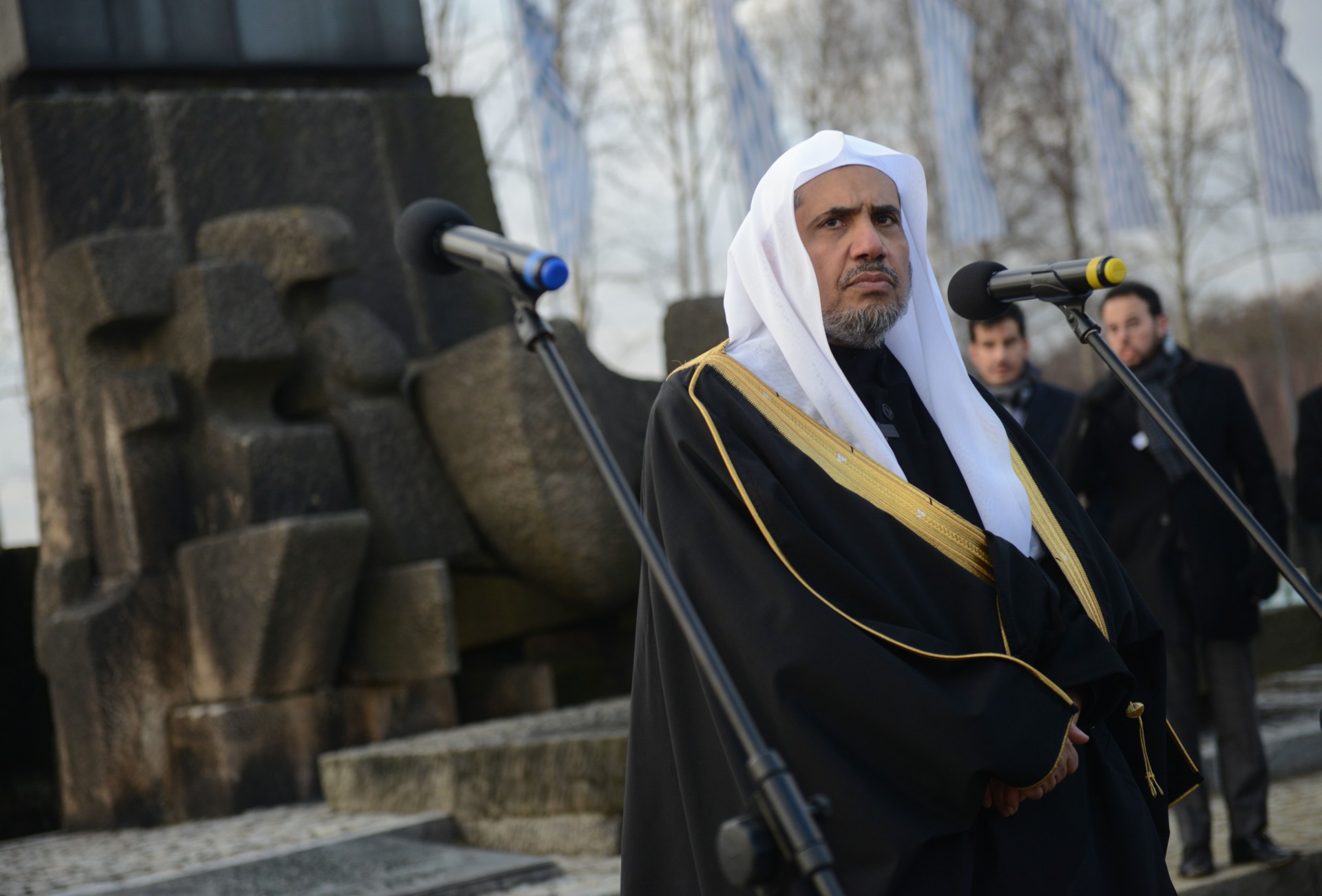
Saudi Arabia’s Choice of Imam Sparks Hajj Controversy
The sermon itself was boilerplate and innocuous, urging good deeds and adherence to the pillars of the faith, standard fare for such an occasion. But it was interesting also for other reasons, such as the demonstration of the state’s power over the religious establishment as well as how it exerts influence over it to serve its political goals and shifts positions on what it will tolerate in terms of religious speech.
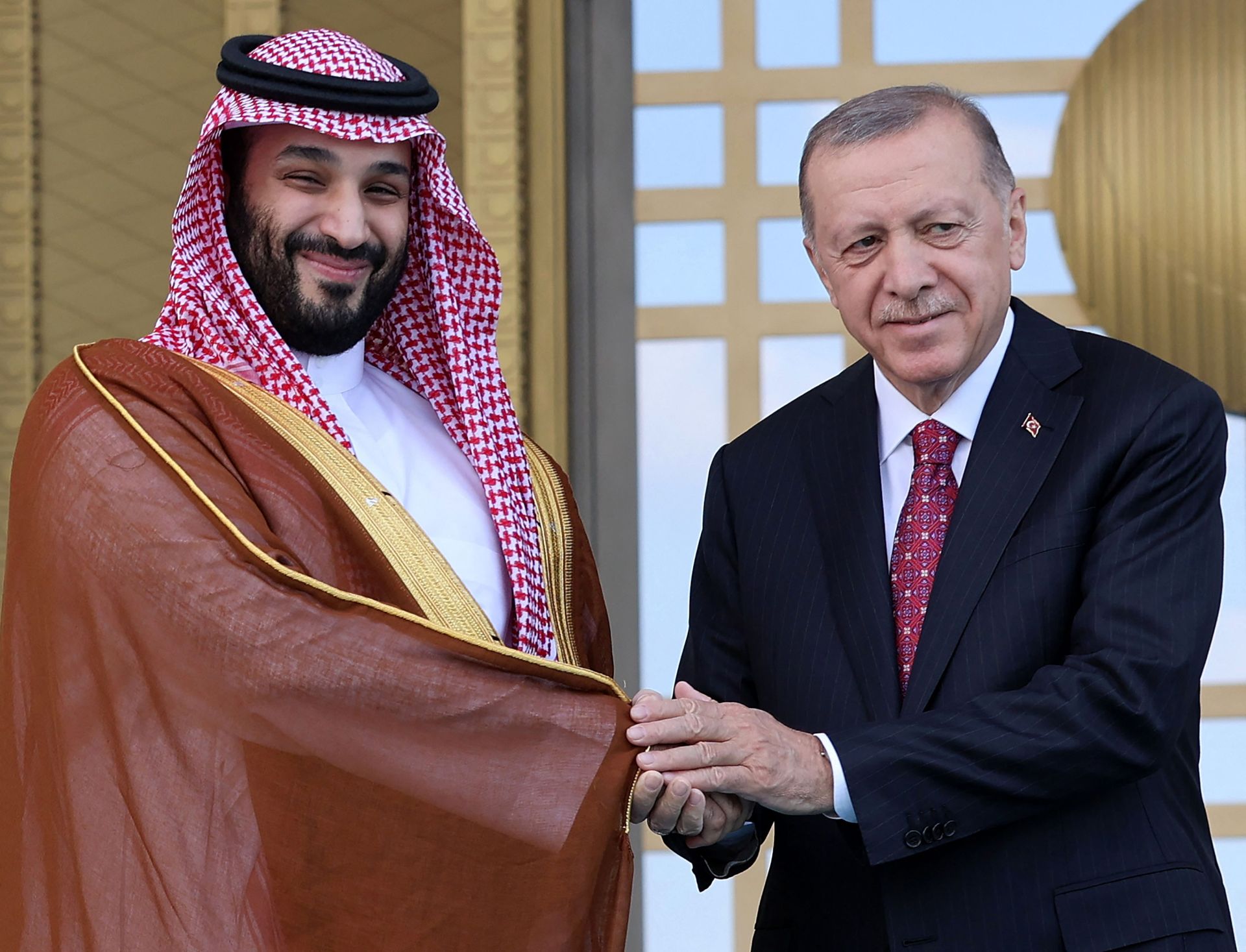
In the Mideast, Feuds and Friendships Turn Orwellian
The ability of the state, so secure in its hold on power, to impose top-down revolutionary cultural, political and social change that instantly transforms (at least on the surface) attitudes about festering problems that have shaped people’s worldviews for decades, often their whole lives, is extraordinary.
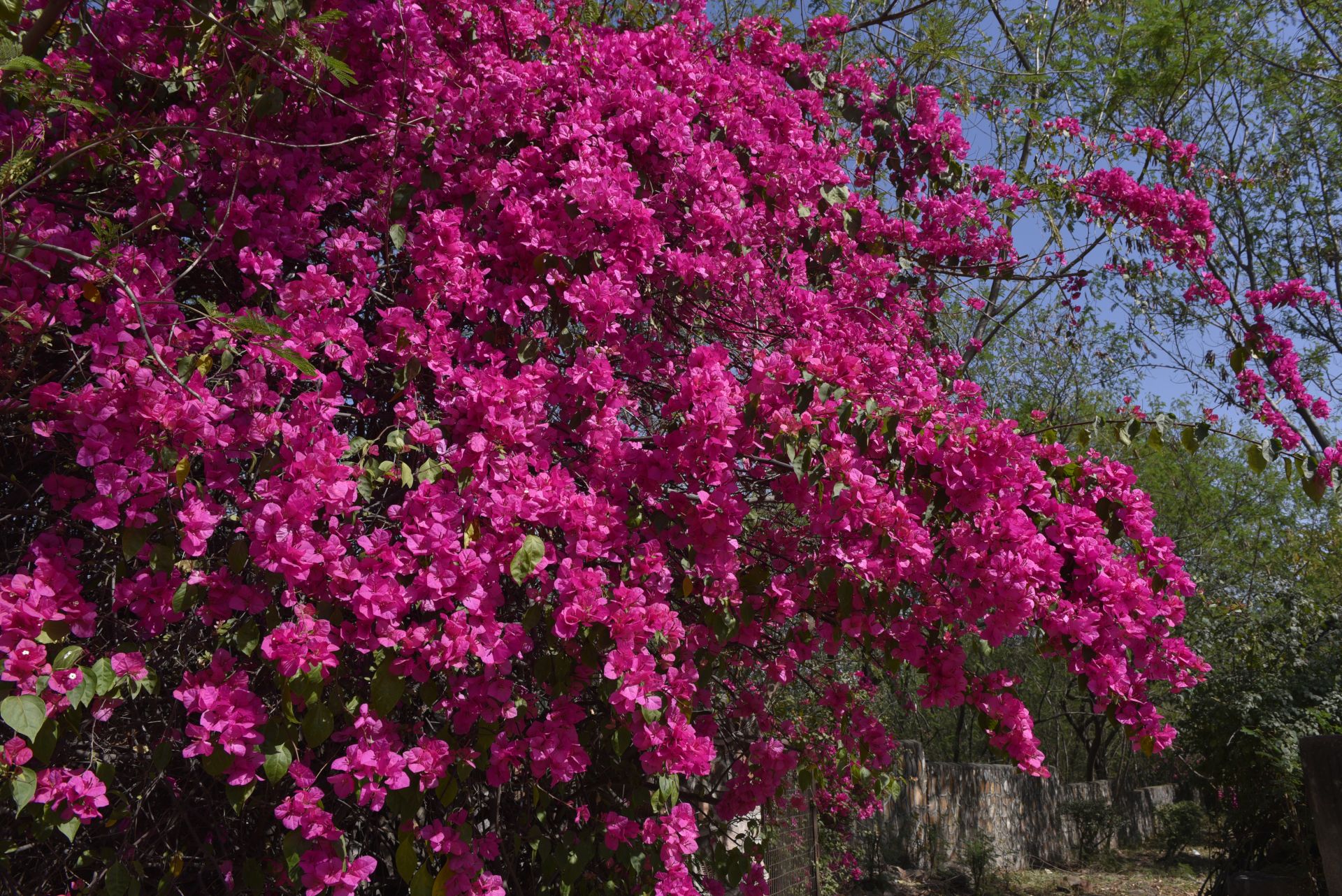
A Simultaneous Wish to Return and to Abandon
Why do we yearn to go back always, even when we’ve had perfectly good reasons to leave? Why is wandering so difficult even when you’ve been welcomed with open arms?

Prayer-on-the-Field Ruling Speaks to Diversity
It is of course difficult to divorce an individual case from the broader context of a resurgent religious right, which can feel like an assault on the liberal way of life and secularism itself as a key pillar of democracy. But I also don’t think it is wise to be outraged and fearful over every expression of the self that veers away from those precepts.

Two Young Women’s Vicious Murders Reveal a Troubling Rot
While the crime is horrific, it is not senseless. It is a perfectly logical outcome when society sees women as mere accessories who serve at the pleasure of the male master race.
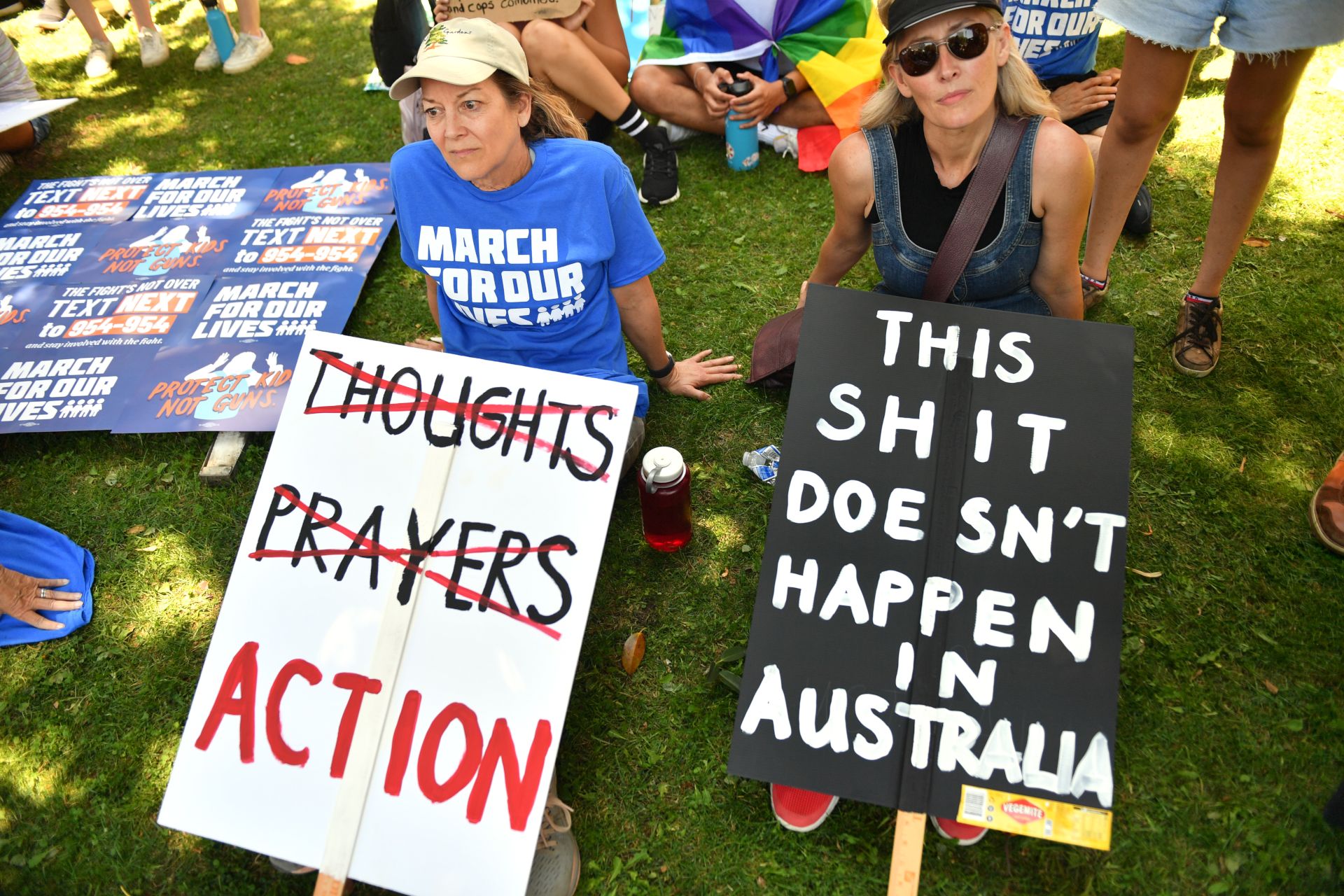
Understanding What Drives Men to Mass Murder
The links between violent extremism and domestic violence, and how masculinity and the place of men in general in modern society interacts with these phenomena, is one that is not adequately explored in the mainstream.
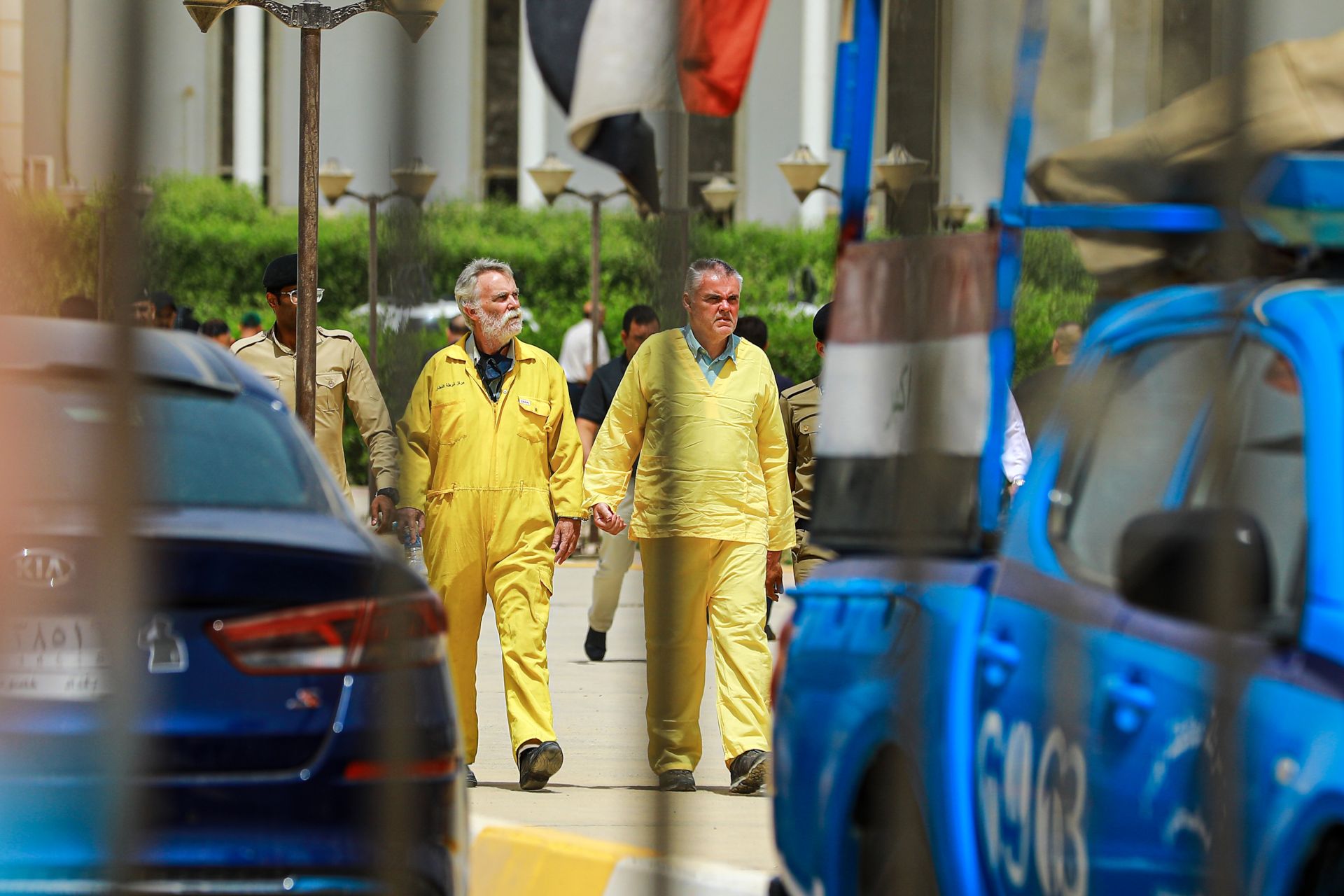
In Archaeology, a Shard Isn’t Just a Shard
The tone of gentlemanly shock was fascinating to me — it seemed meant to convey an inoffensive stupefaction at the ways of these Stone Age natives. It also came with the presumption that laws should not apply to their own citizens. It had nothing to do with the actual validity of the law per se but the prospect that citizens of a first-world country should be beholden to laws at all beyond their own shores, especially in “backward” Arab countries.

The Hypocrisy in Policing Bad Words
When words are so powerful, they alone can tell a story of abject loss and desperation. When words are so powerful, they expose the lies we tell ourselves about ourselves.
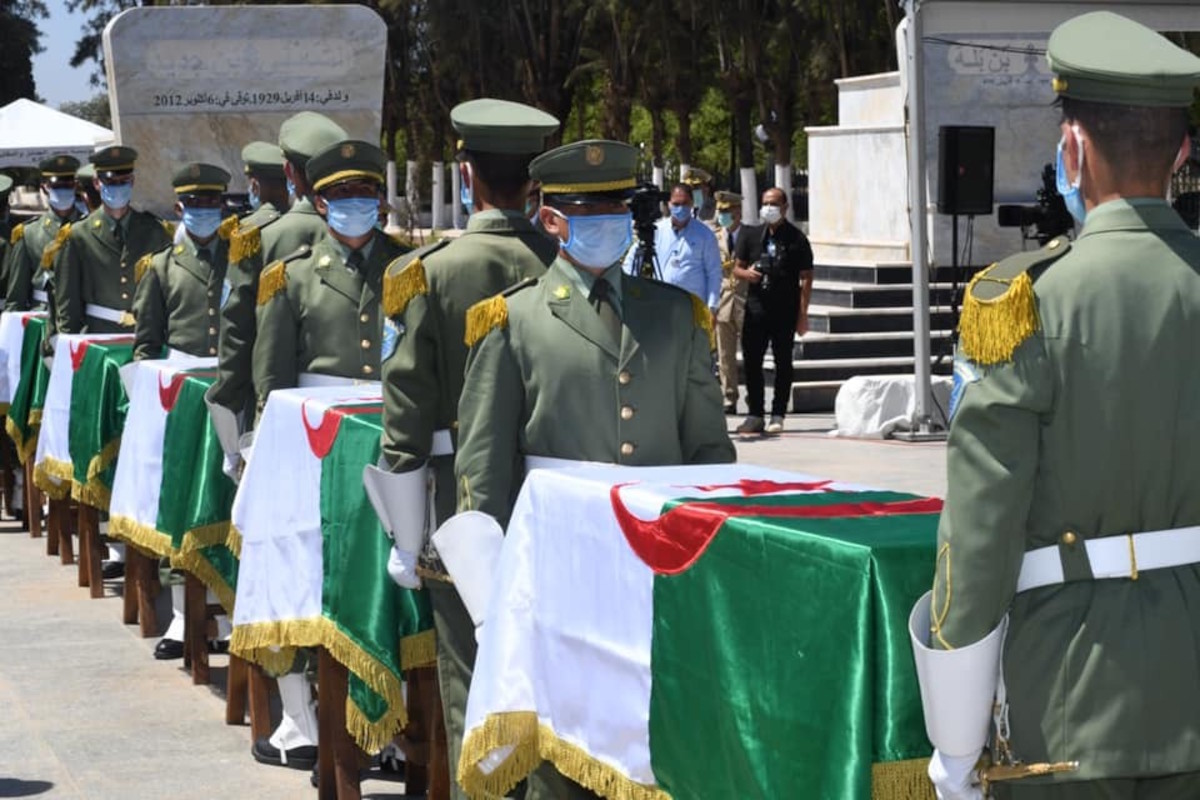
The Dark Legacy of French Colonialism
A weekly review of news, essays, podcast and more from New Lines. The week of May 02 to May 06, 2022.

Ramadan TV Blurs Fact and Fiction
It is of course difficult to discern truth from fiction in such works of art, particularly given the secretive nature of these dealings, but they all add up to a relentless sort of public framing that primes minds to think about events, groups and people in a certain way.
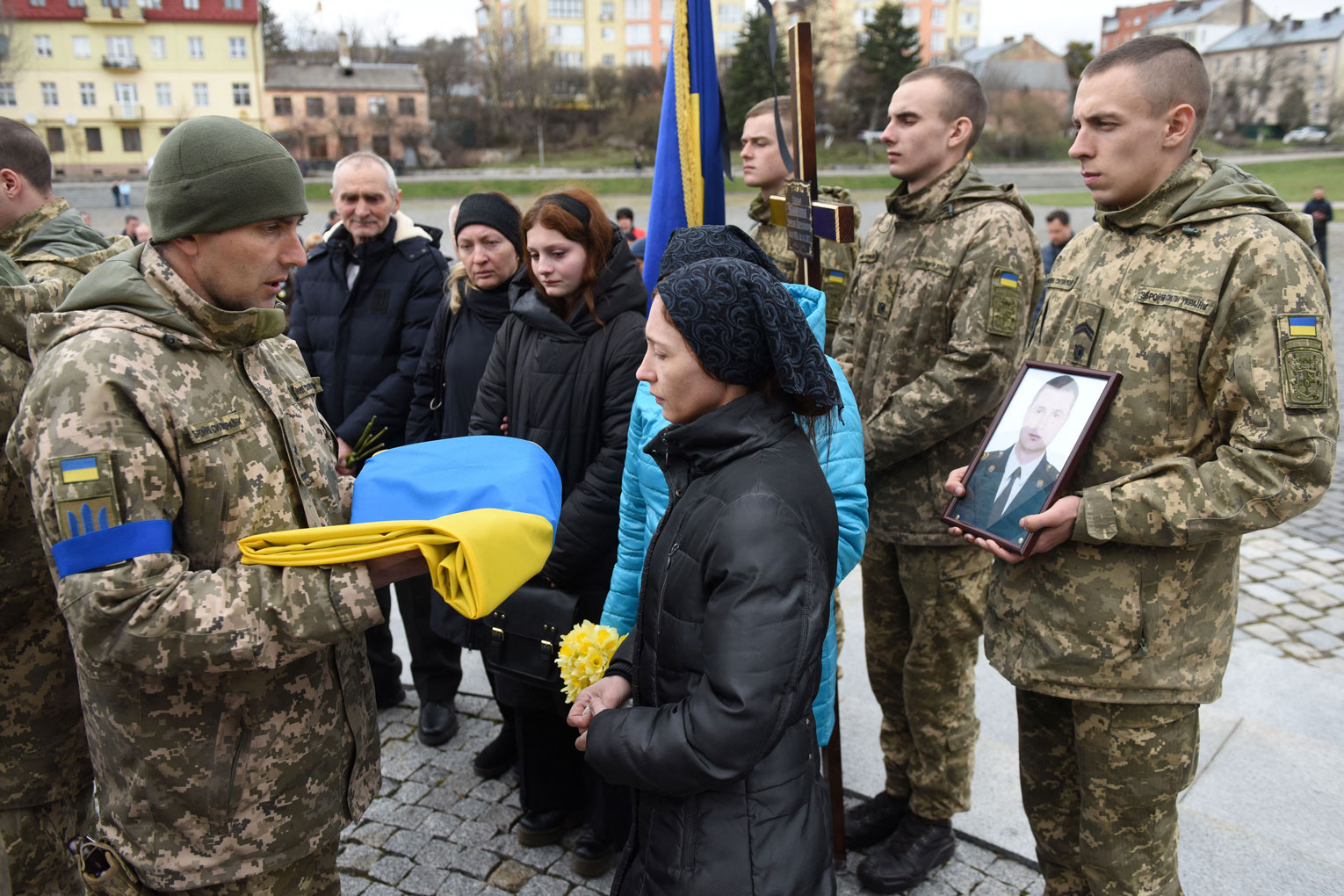
War Widows and Veneration of Death
A weekly review of news, essays, podcasts and more from New Lines. The week of April 18 to April 22, 2022
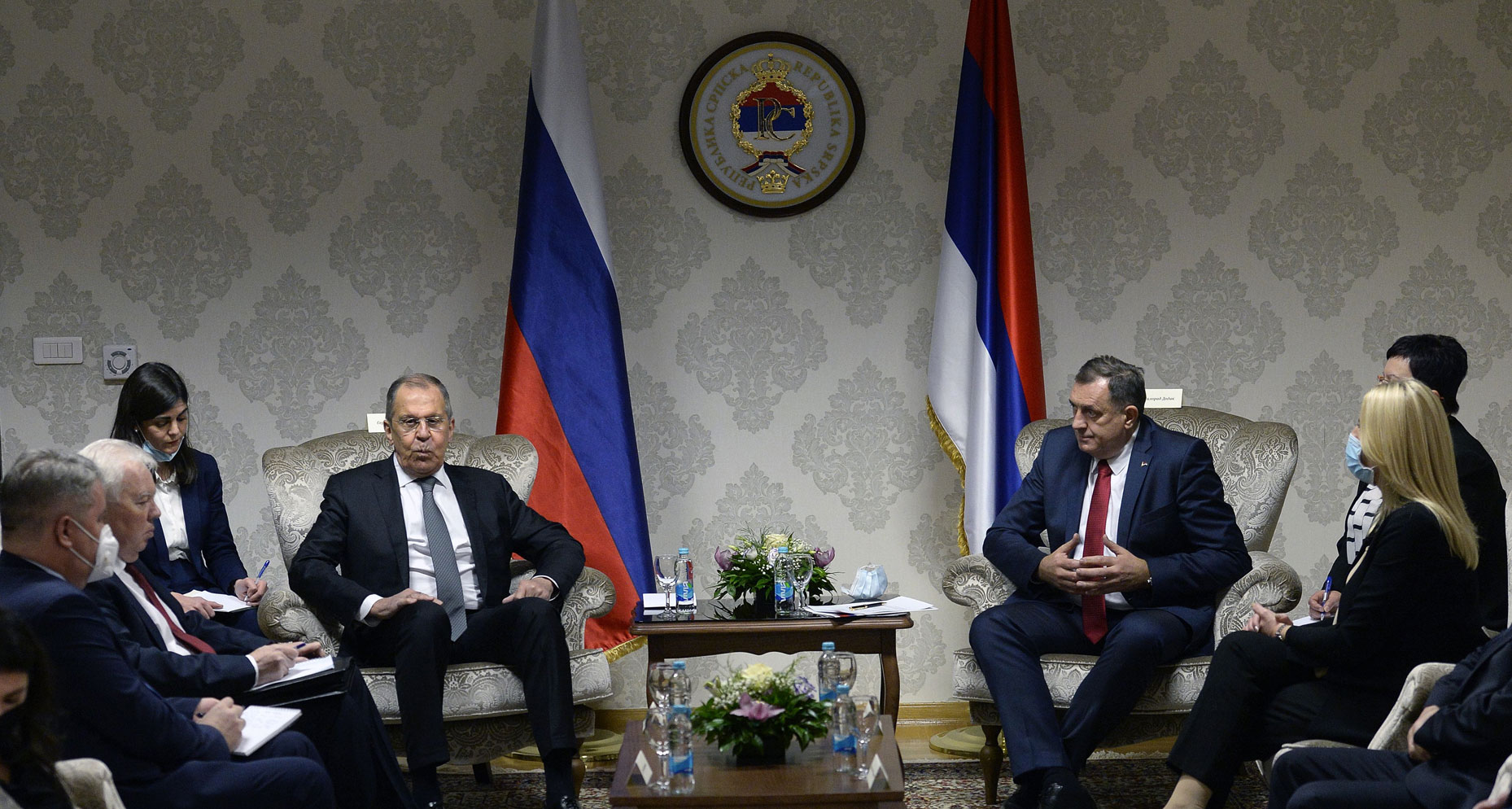
Stability for Its Own Sake Is One Step From Chaos
A weekly review of news, essays, podcasts and more from New Lines. The week of April 11 to April 15, 2022
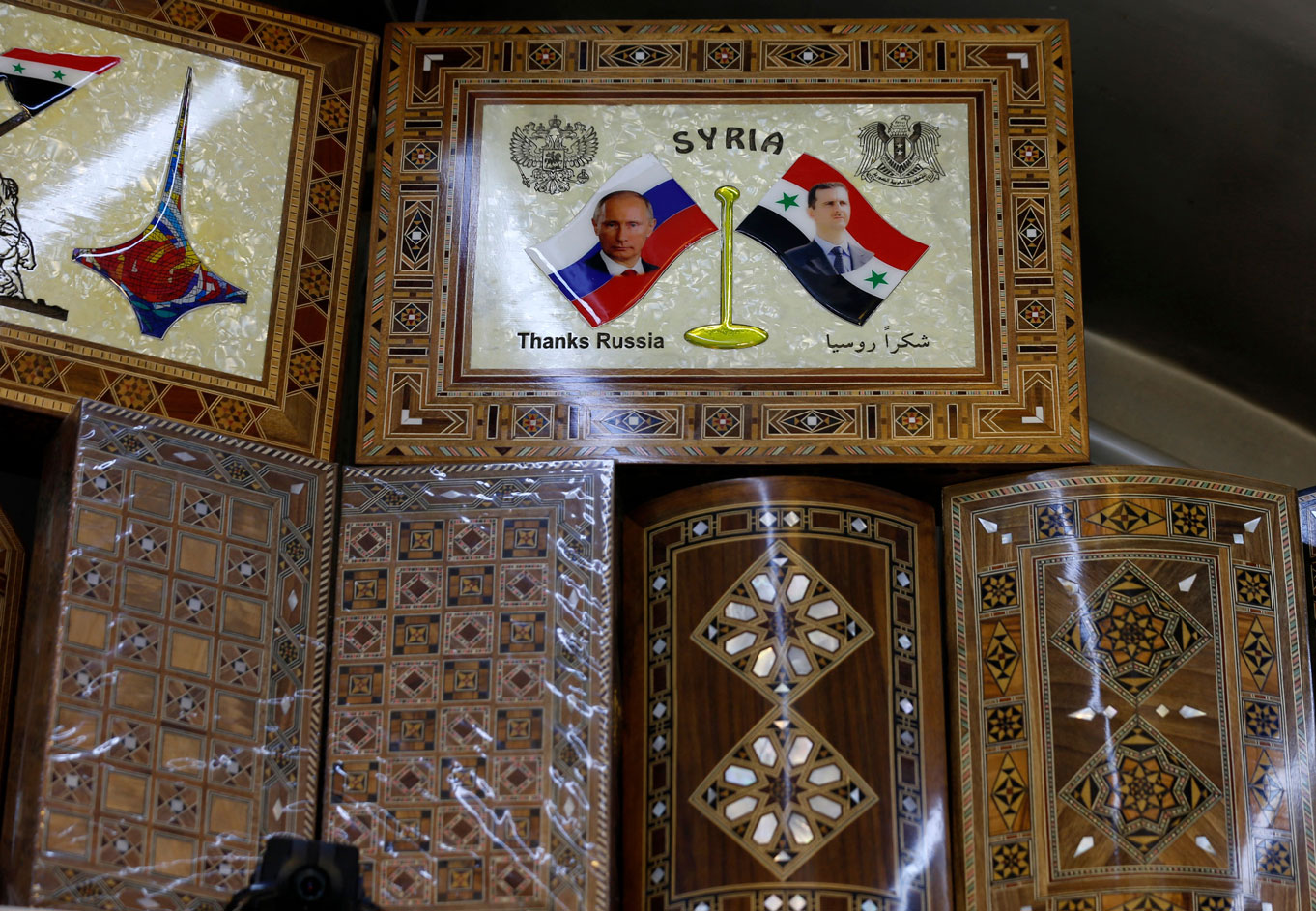
Russia’s Grotesque Intervention in Syria
A weekly review of news, essays, podcast and more from New Lines. The week of April 4 to April 8, 2022
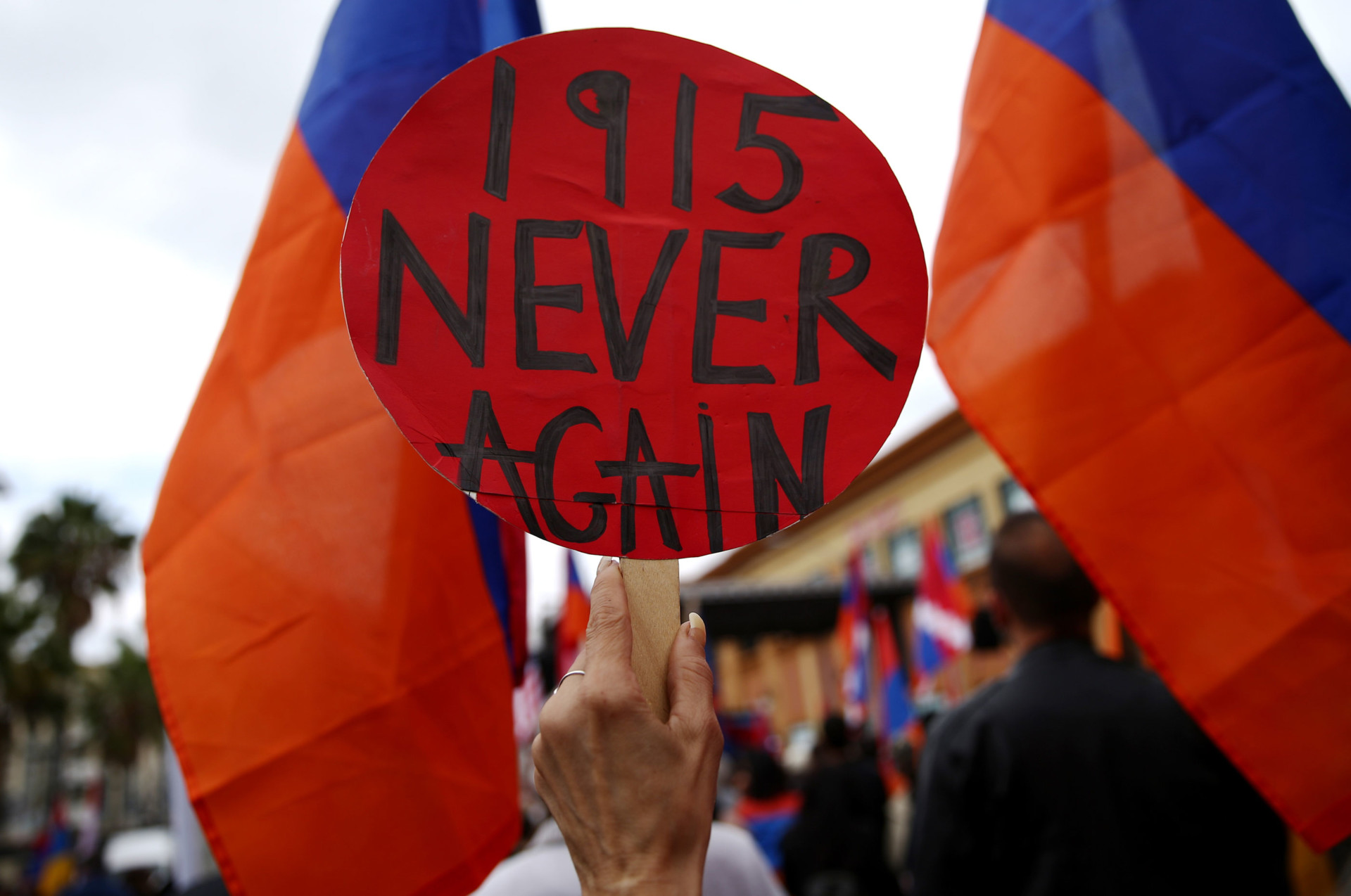
Reading Stories of Courage From a Century Ago
It is gratifying to read about such courage and heroism under duress. Whatever the impetus, odes should be sung for it in celebration. The Turkish officer who protected Armenians from the Ottoman-era genocide is like Schindler, the personification of the better angels of our nature.
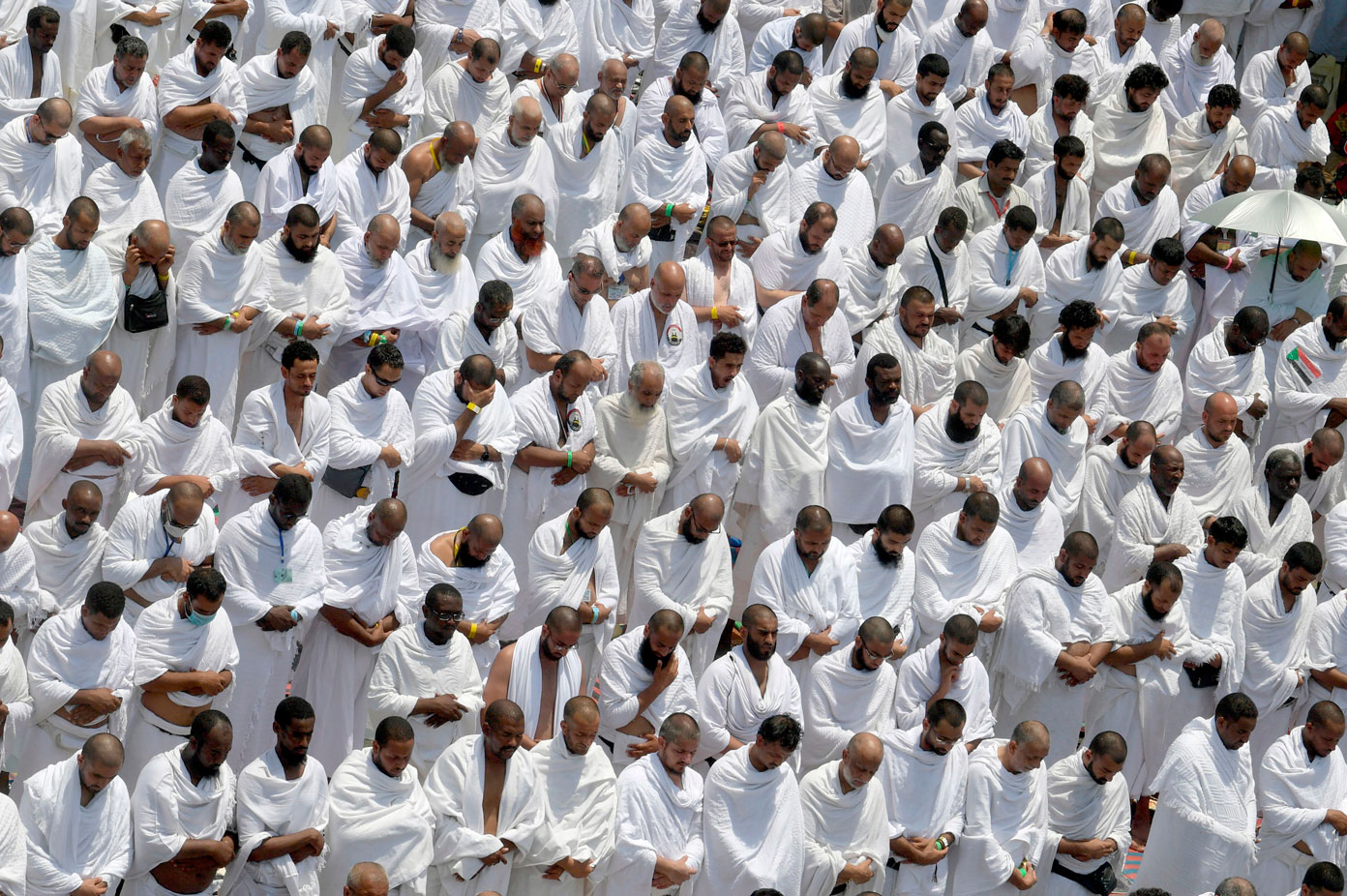
The Saudis’ Religious Legacy
It is difficult to glean the actual impetus behind the initial decision to ban the broadcast in the first place. The scenes from the holy mosques are emotive to a lot of observant Muslims and cement Saudi Arabia’s role as the custodian of the holy mosques and an Islamic center. They are also powerful showcases of the state’s organizational prowess in pulling off such seminal events hosting millions of faithful every year.
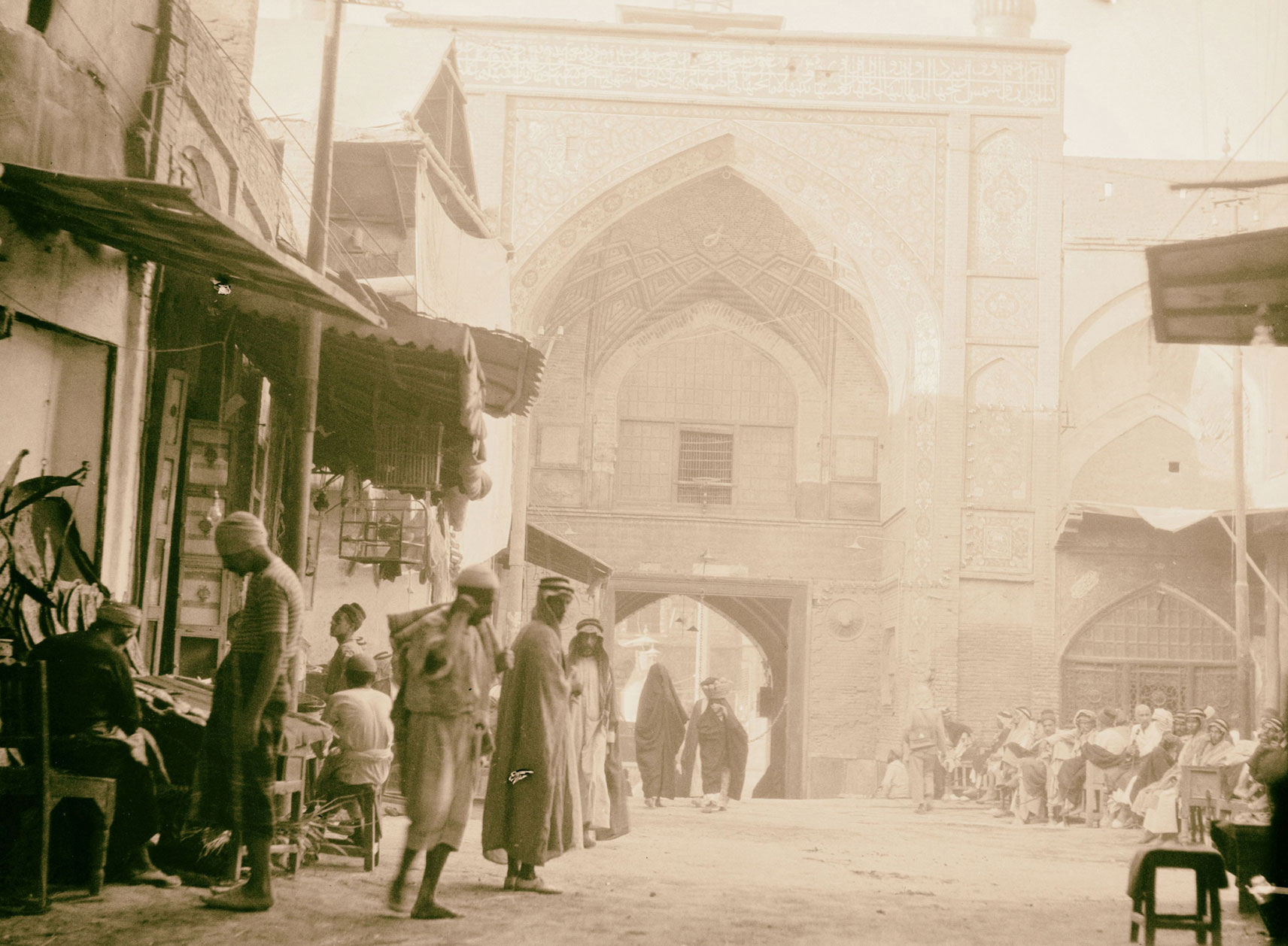
The Danger of Hagiography as History
A weekly review of news, essays, podcast and more from New Lines. The week of March 21 to March 25, 2022.
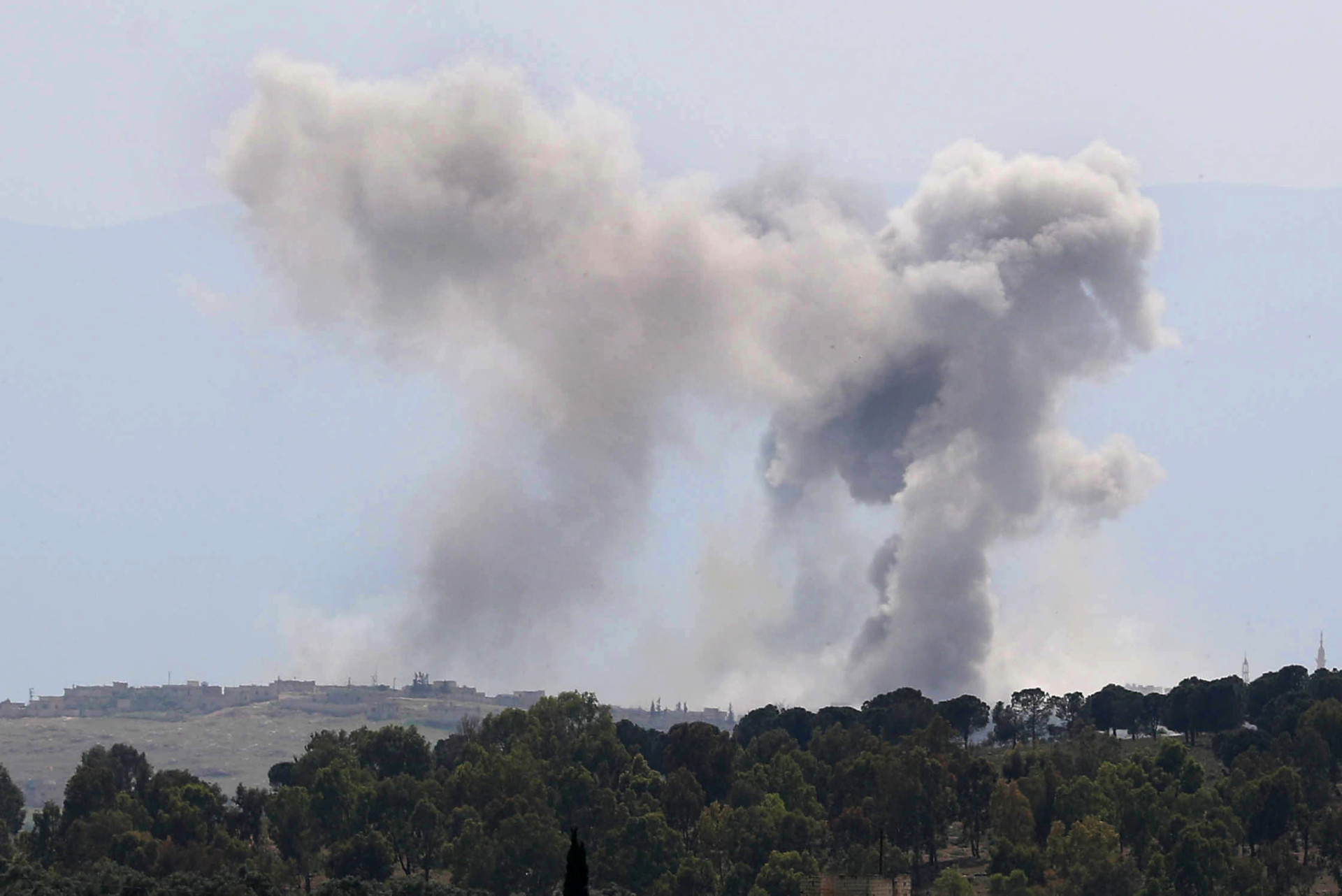
Russia’s Long History of Bombing Hospitals
A weekly review of news, essays, podcast and more from New Lines. The week of Monday Mar. 5 - Friday Mar. 11, 2022.

Racism Isn’t a One-Way Street
A weekly review of news, essays, podcast and more from New Lines. The week of Monday Feb. 28-Friday Mar. 4, 2022.
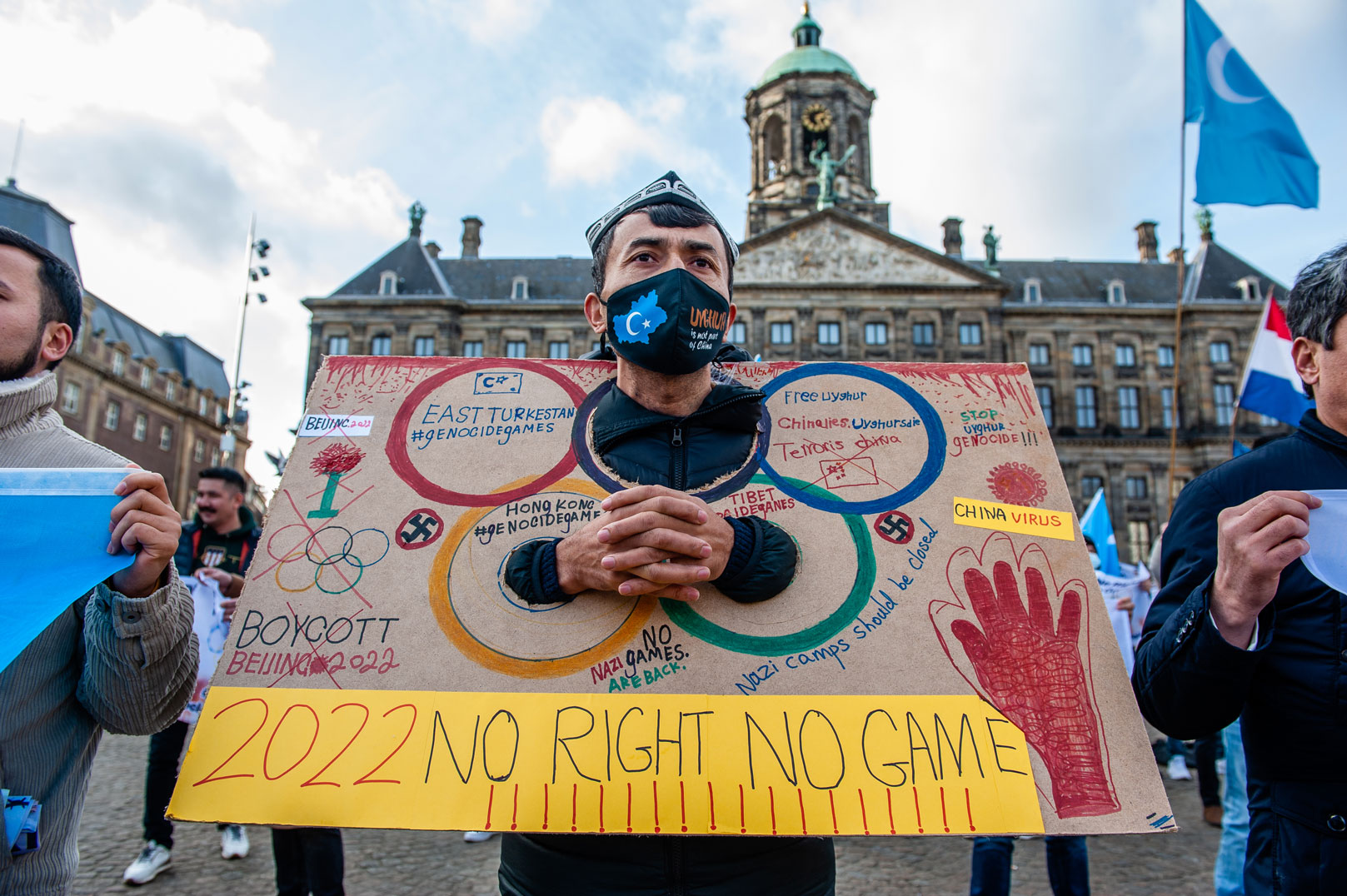
At the Olympics, Arab Unity Remains Elusive
If any cause should inspire Muslim solidarity and empathy it is the plight of the Uyghurs, certainly more so than other ridiculous causes that have prompted widespread outrage like a cartoon of the Prophet Muhammad or a film in which an actress removes her underwear offscreen.
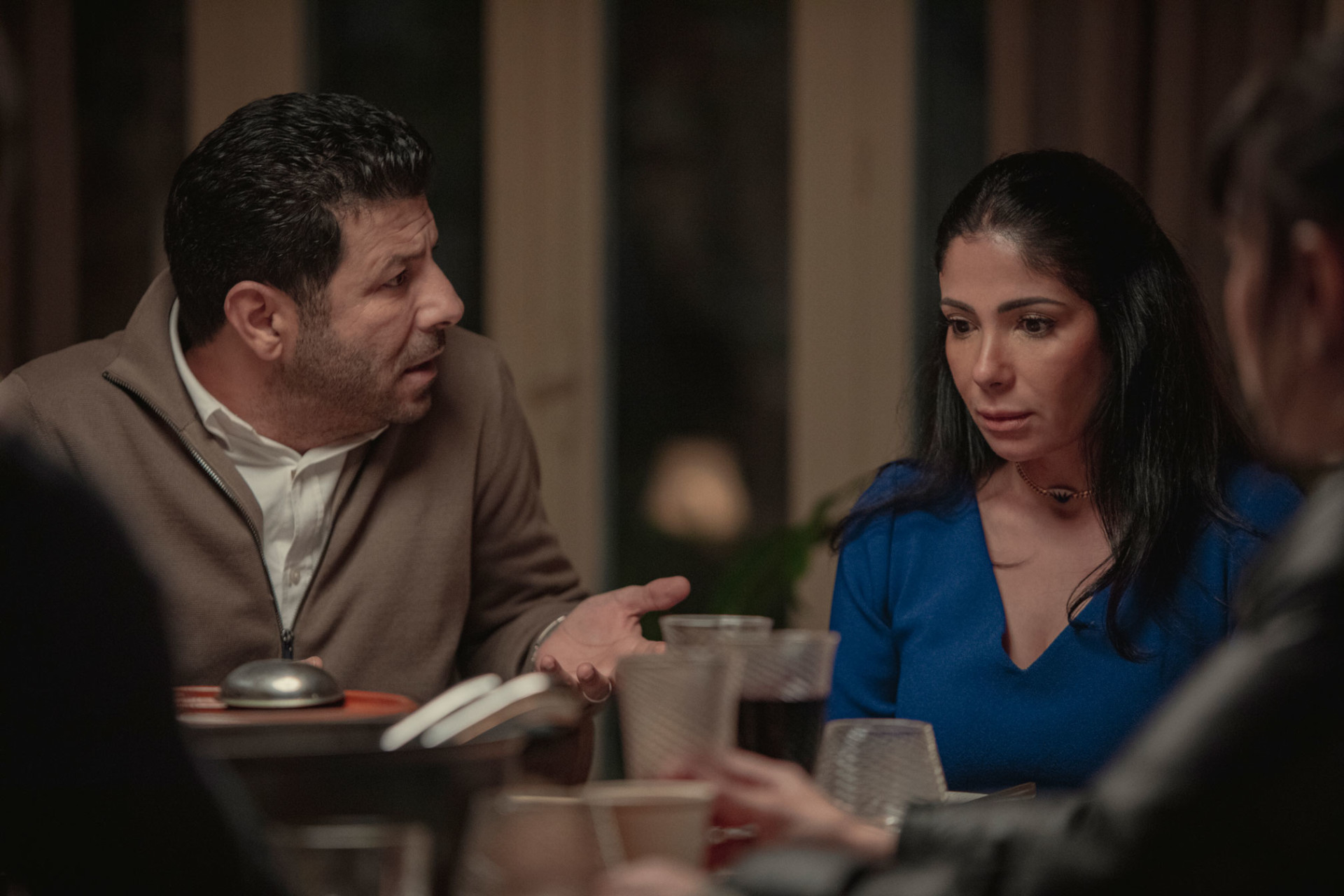
Netflix’s Perfect Strangers Has More Truth in It Than Its Critics Allow
It creates a kind of societal schizophrenia in which people are publicly outraged over artists’ failure to adhere to the moral imperatives of their faith and cultural values but Muslim countries lead the world in Google searches for porn.

Egypt Events Draw Focus on Sexual Harassment
A suicide and the circumstances behind an ad call attention to mistreatment of women and girls.

Mo Salah and Aboutrika Spark a Debate About Religion
Two separate incidents involving major Egyptian footballers have sparked a debate online and in the mainstream press on the role of religion in society.
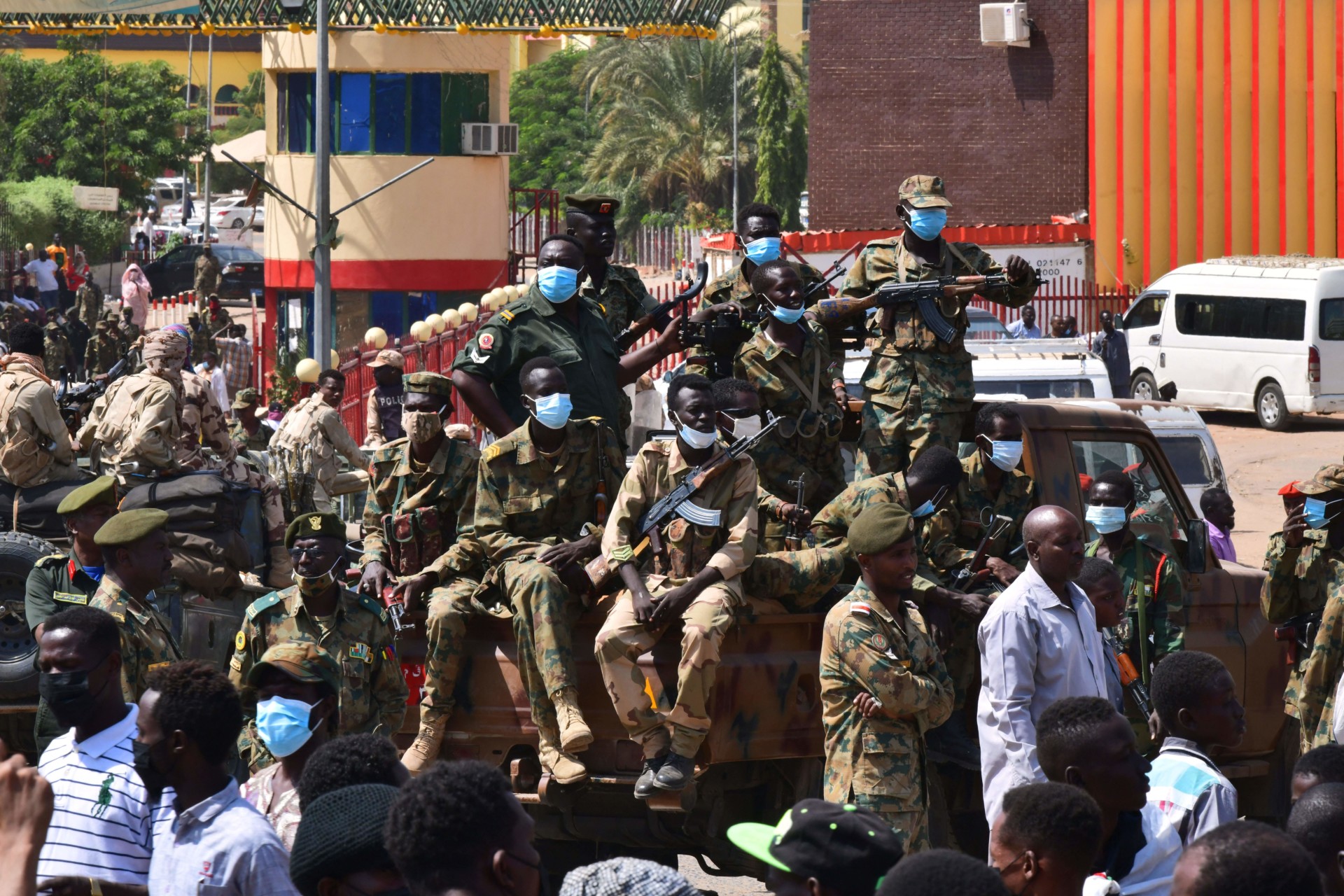
Turjuman: Sudan Edition
Note from the editor: We wrote this news digest in the days before the ongoing coup in Sudan. The military…
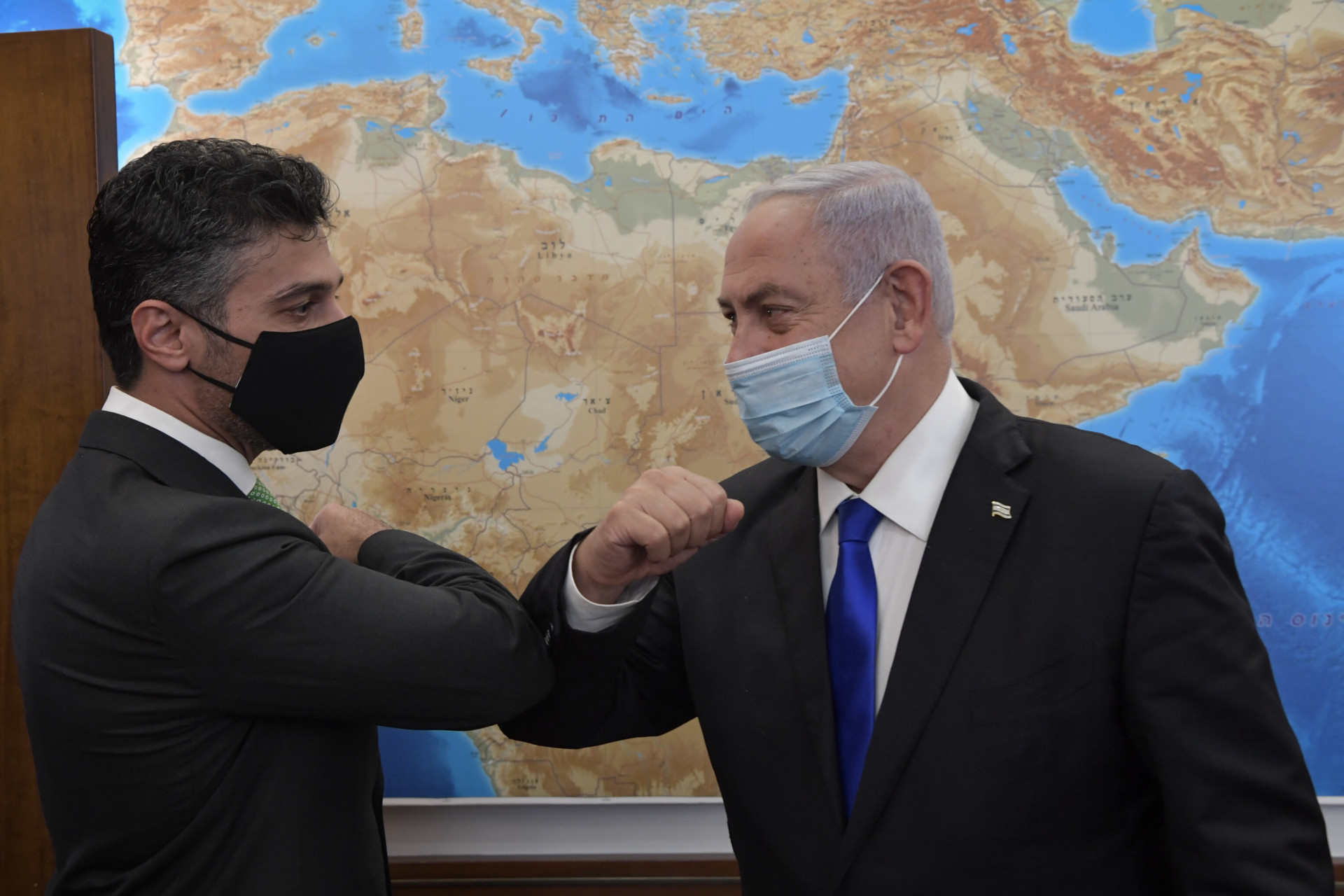
The Death of the Palestinian Cause Has Been Greatly Exaggerated
Arabs are of course not of a single mind on any particular issue, nor is it possible to gauge public opinion under tyrannical regimes. But it is indicative of the fact that these authoritarians no longer see the pan-Arab Palestinian cause and supporting it as vital to their survival.
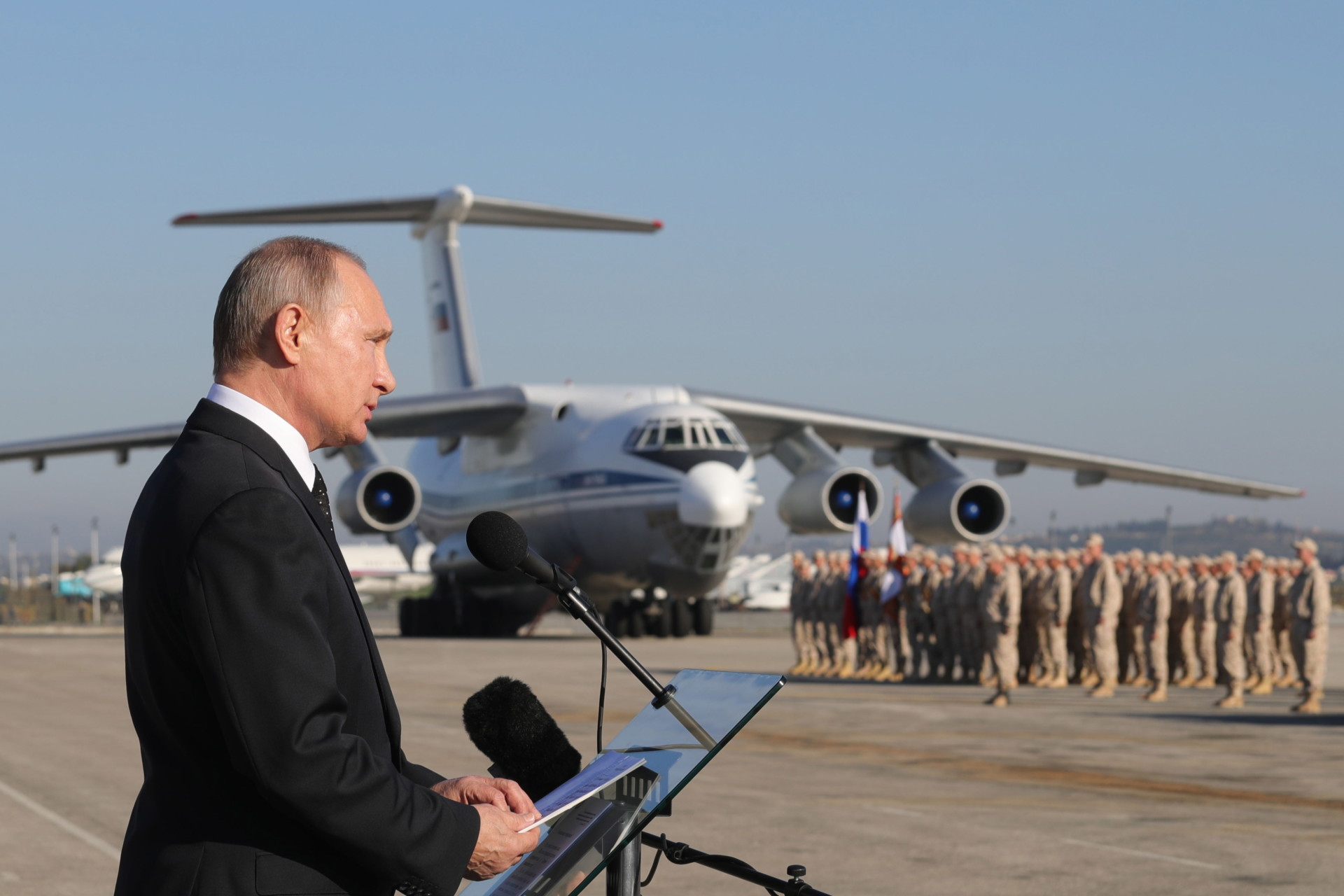
First Among Satans
America does not deserve sole ownership of the Great Satan title. Why do Russia’s and China’s actions not spark similar outrage, a similar, simmering public consciousness that establishes them as foes to be thwarted in the broader culture?
